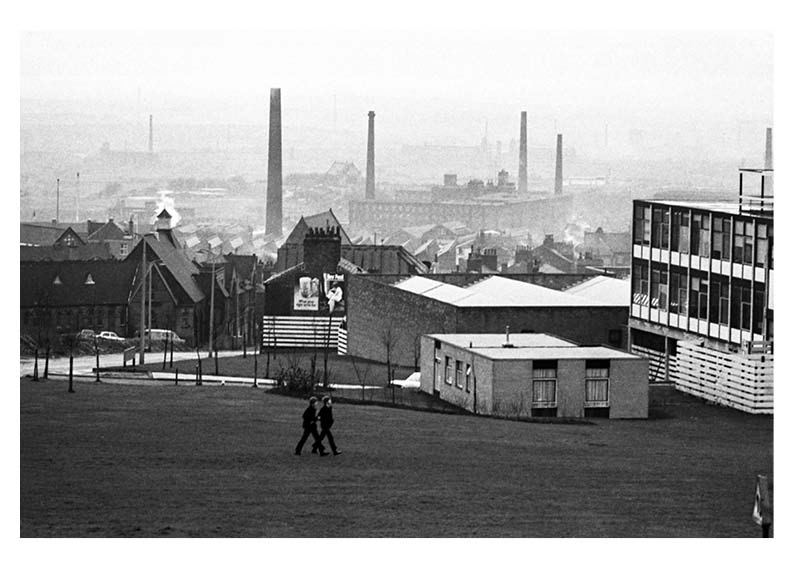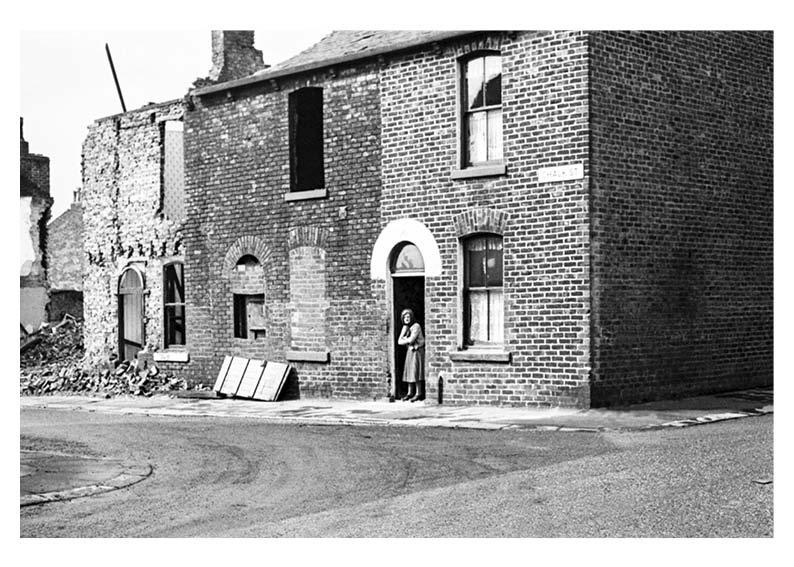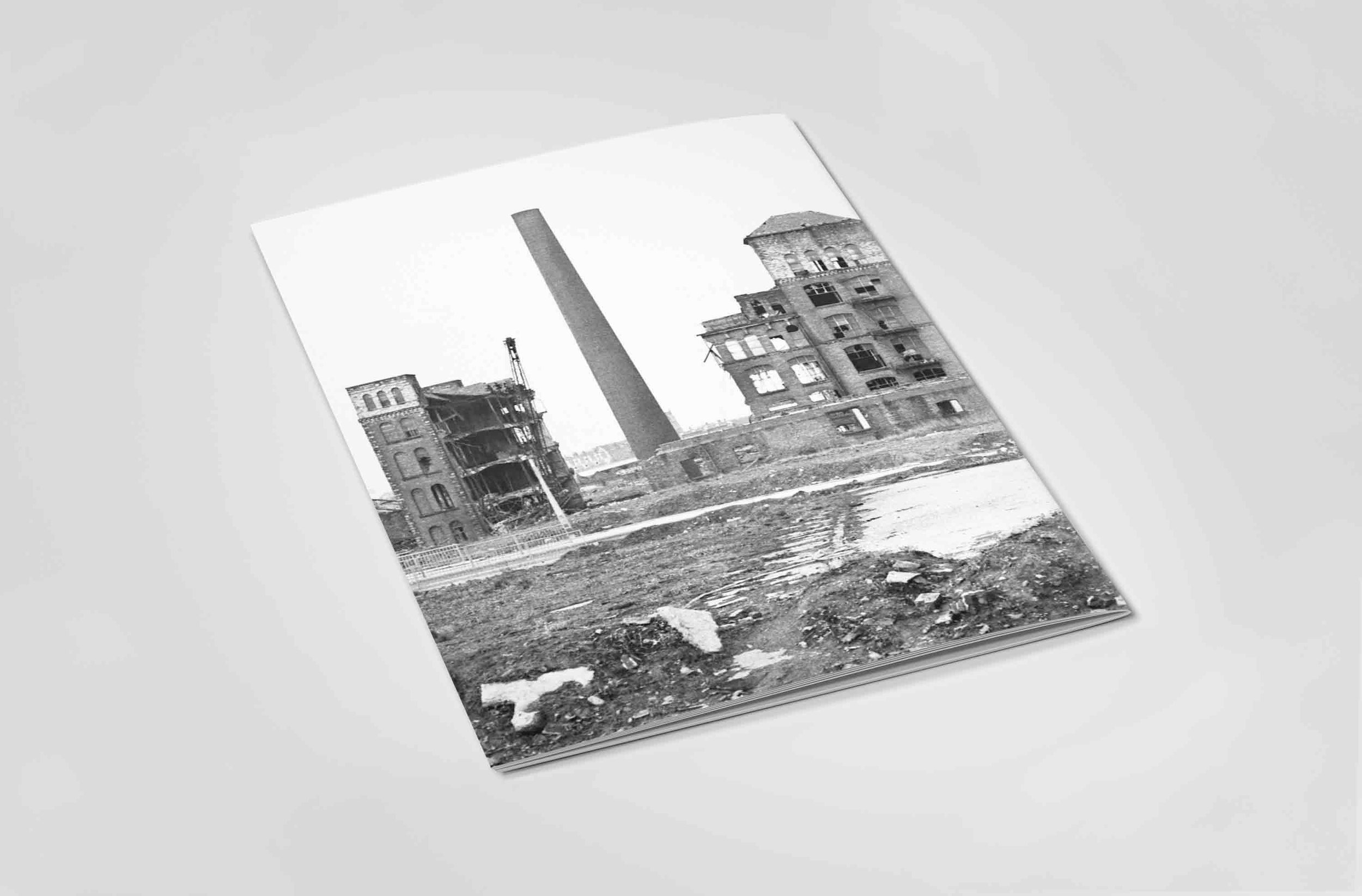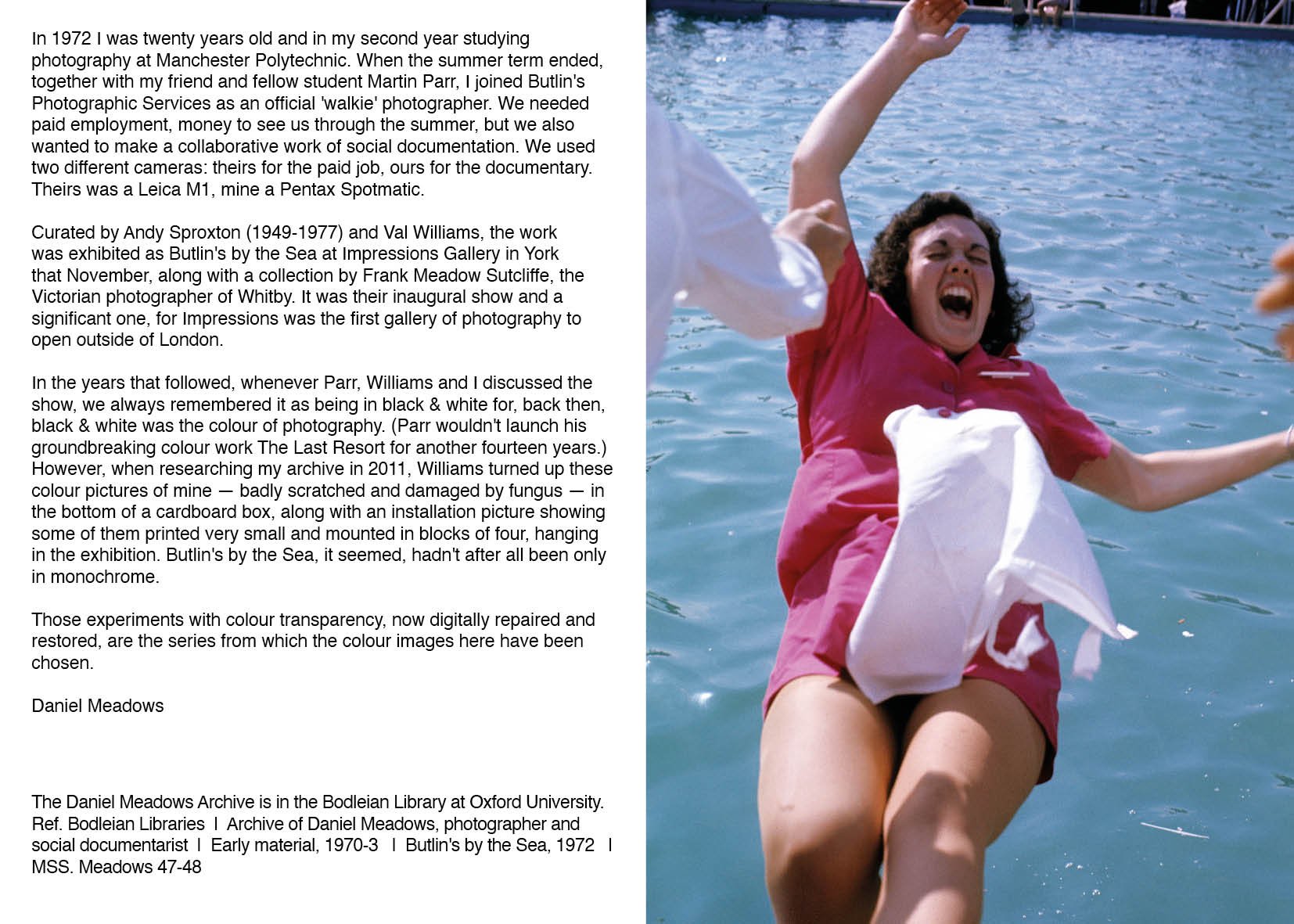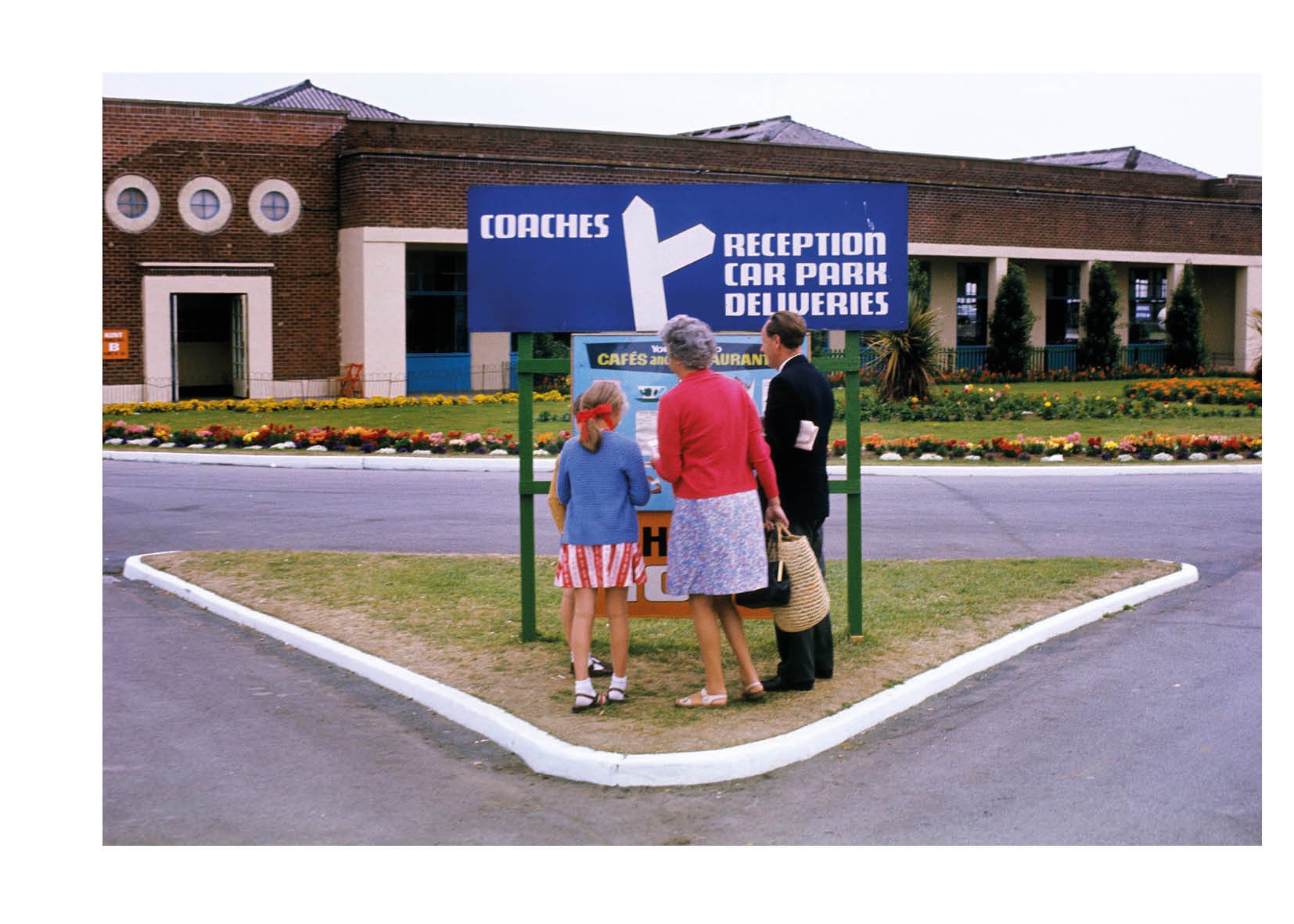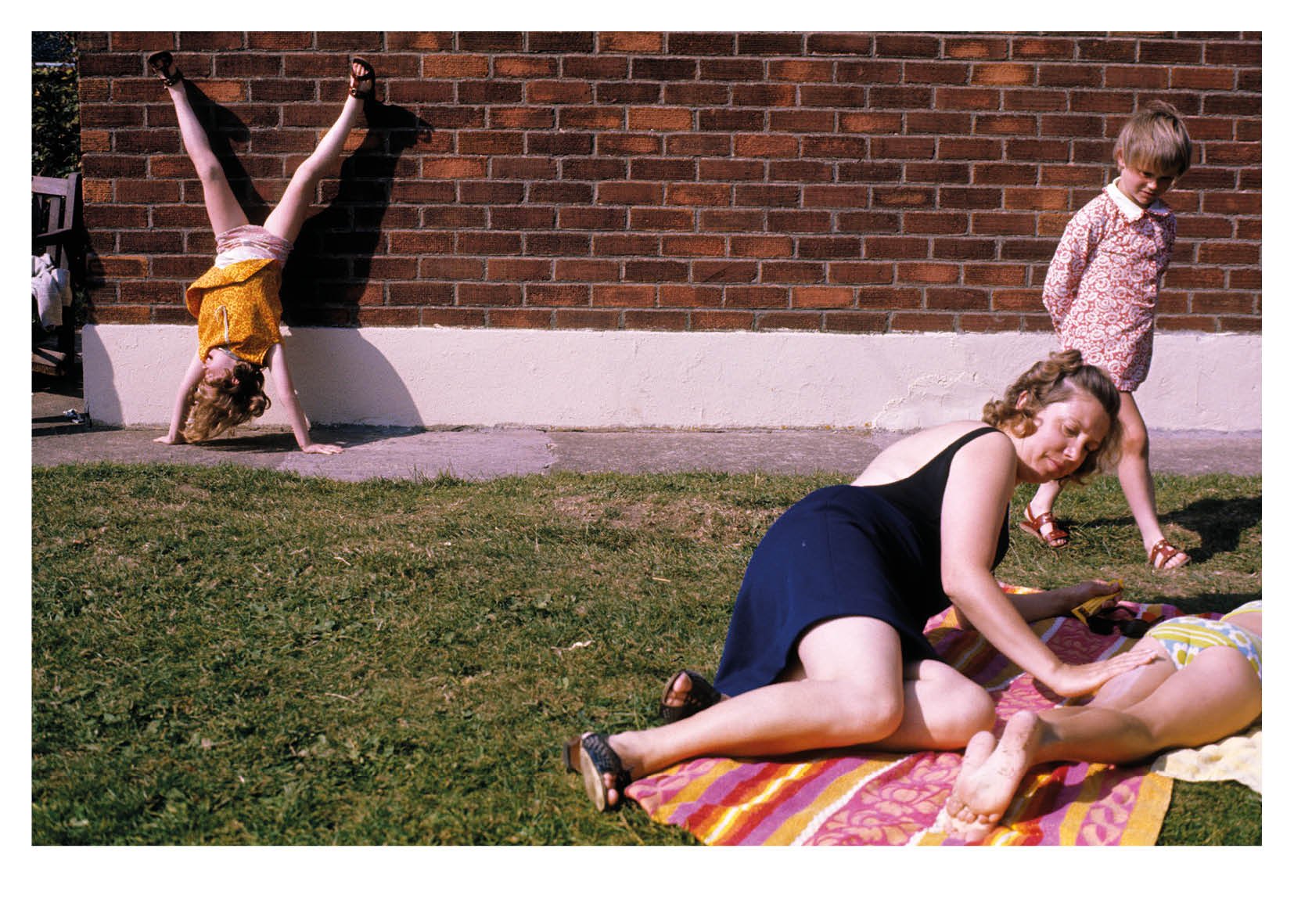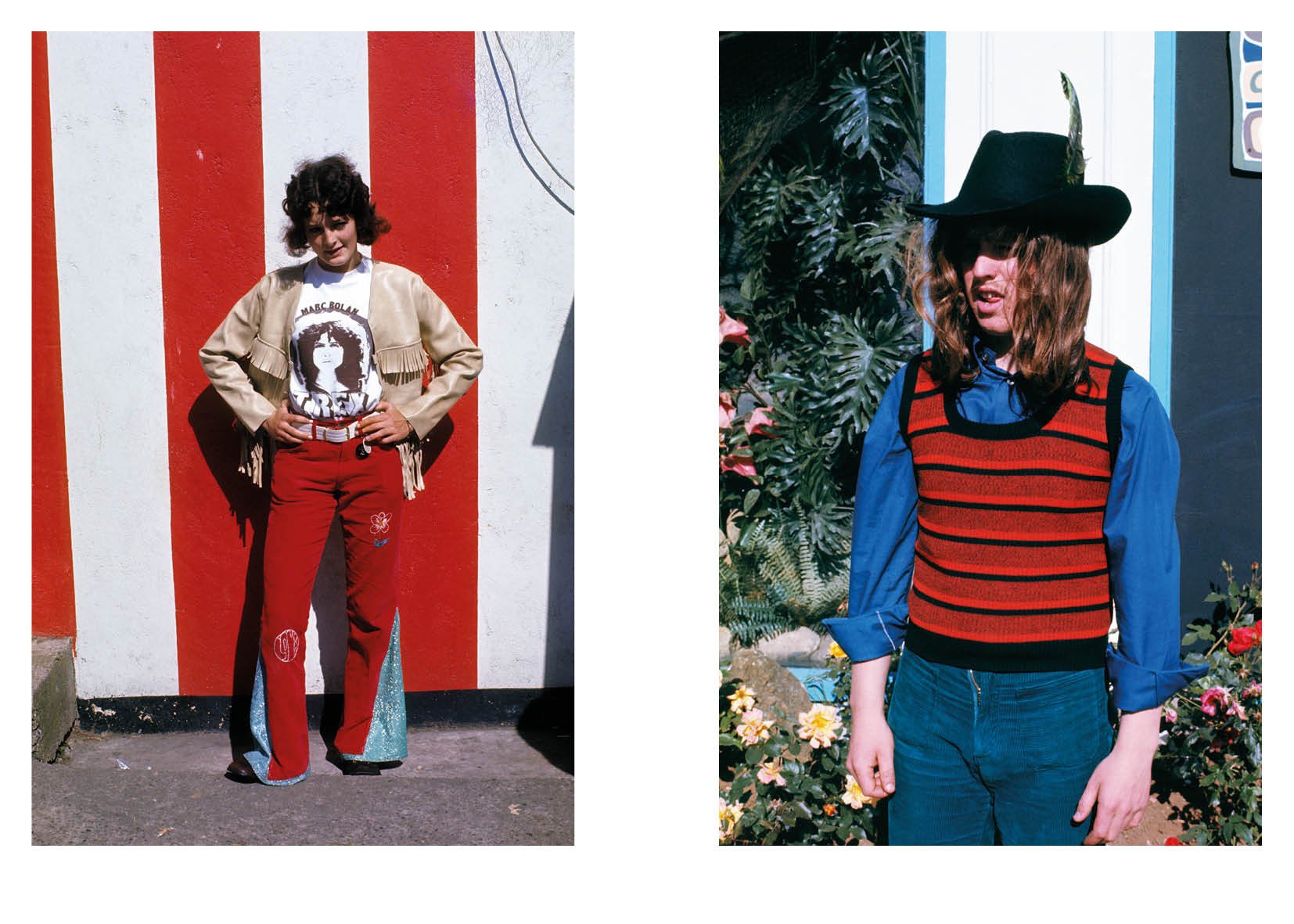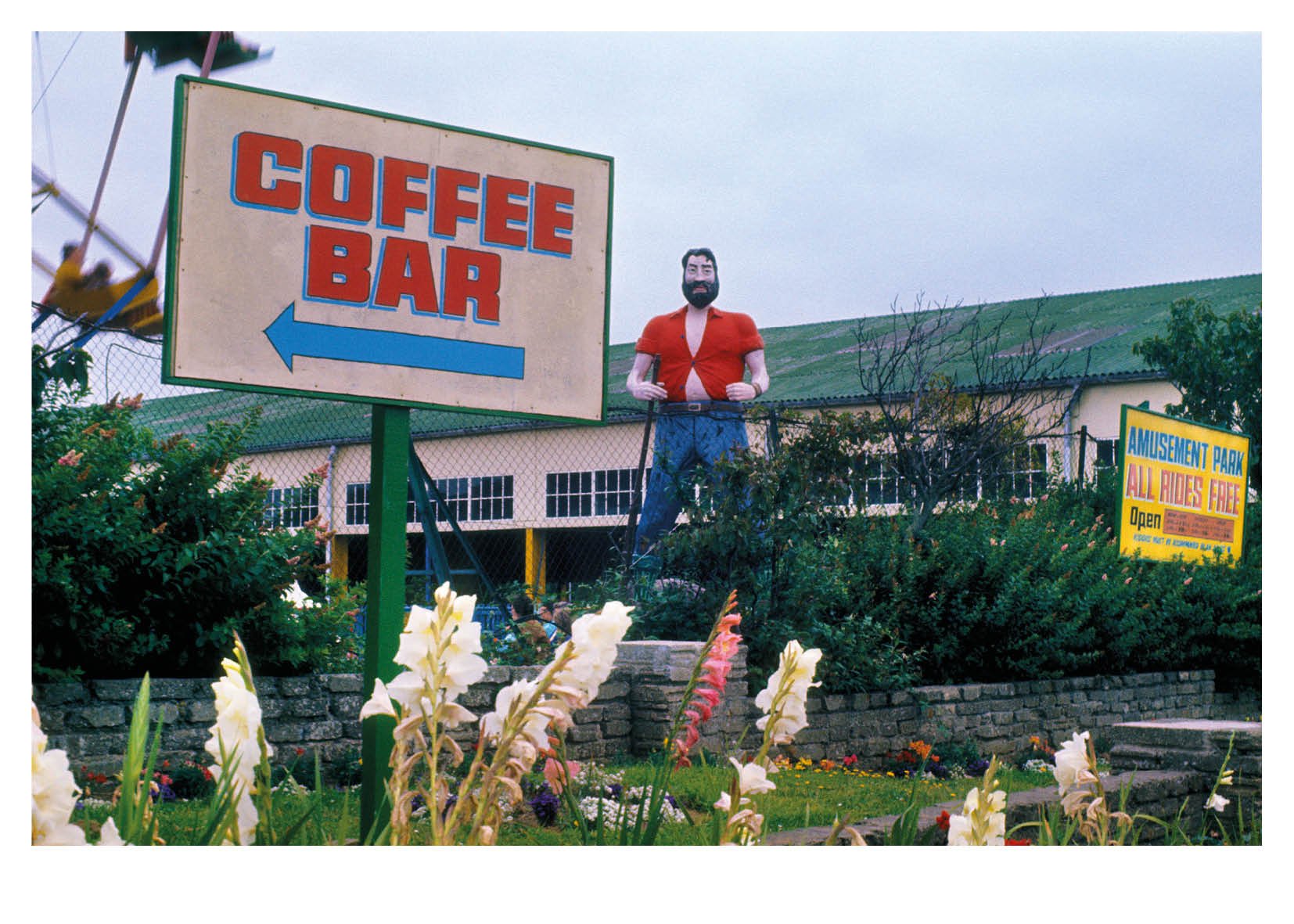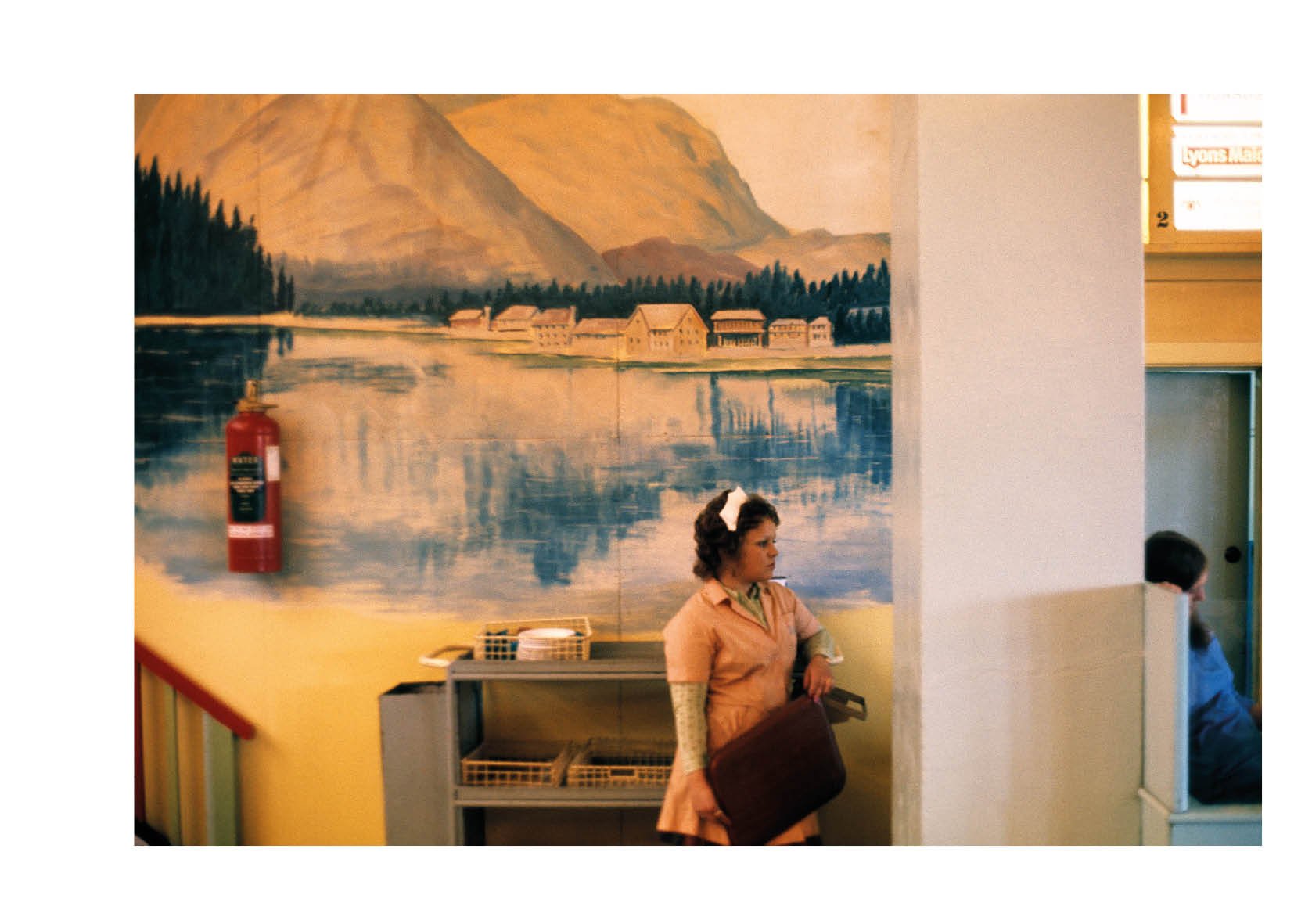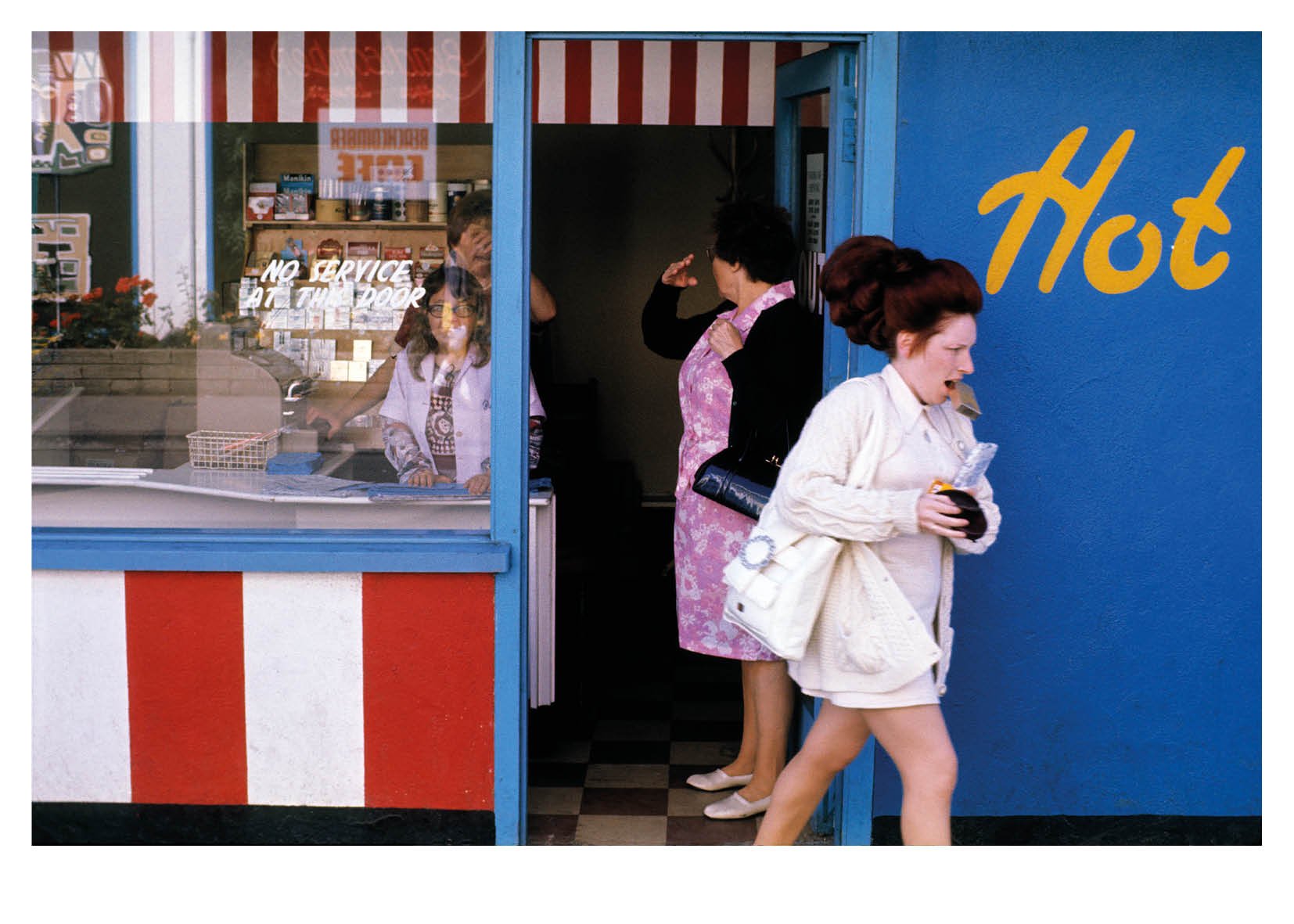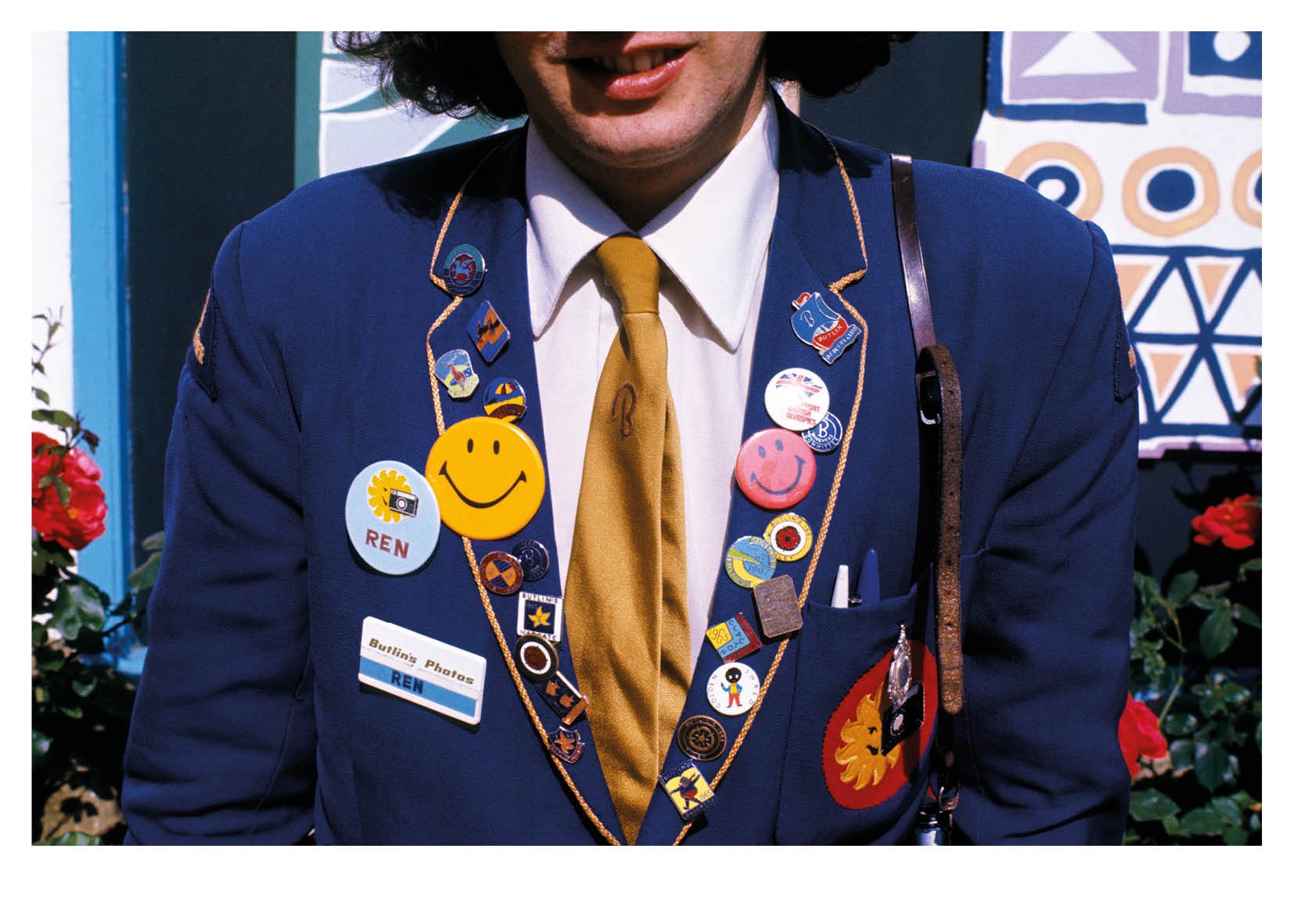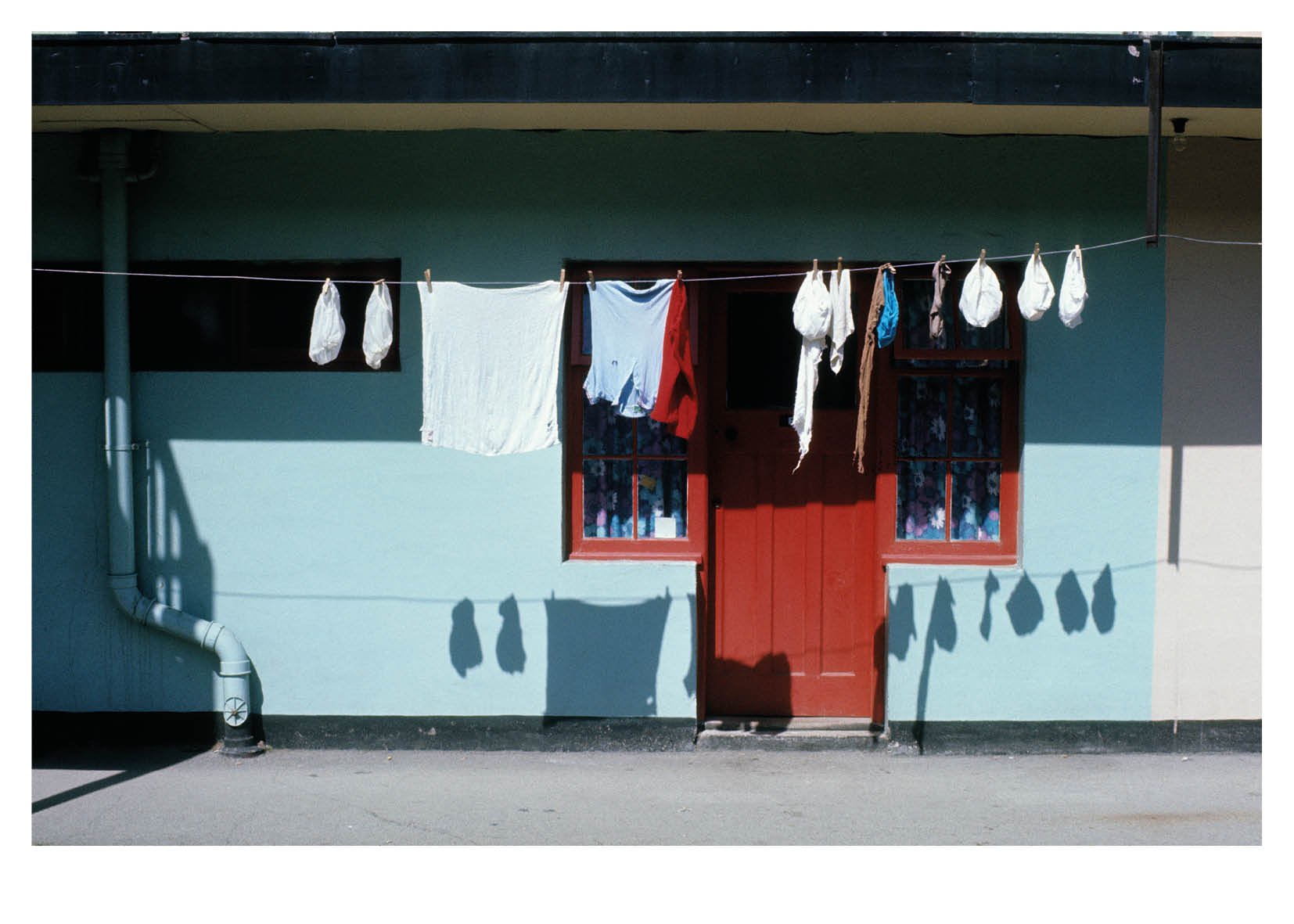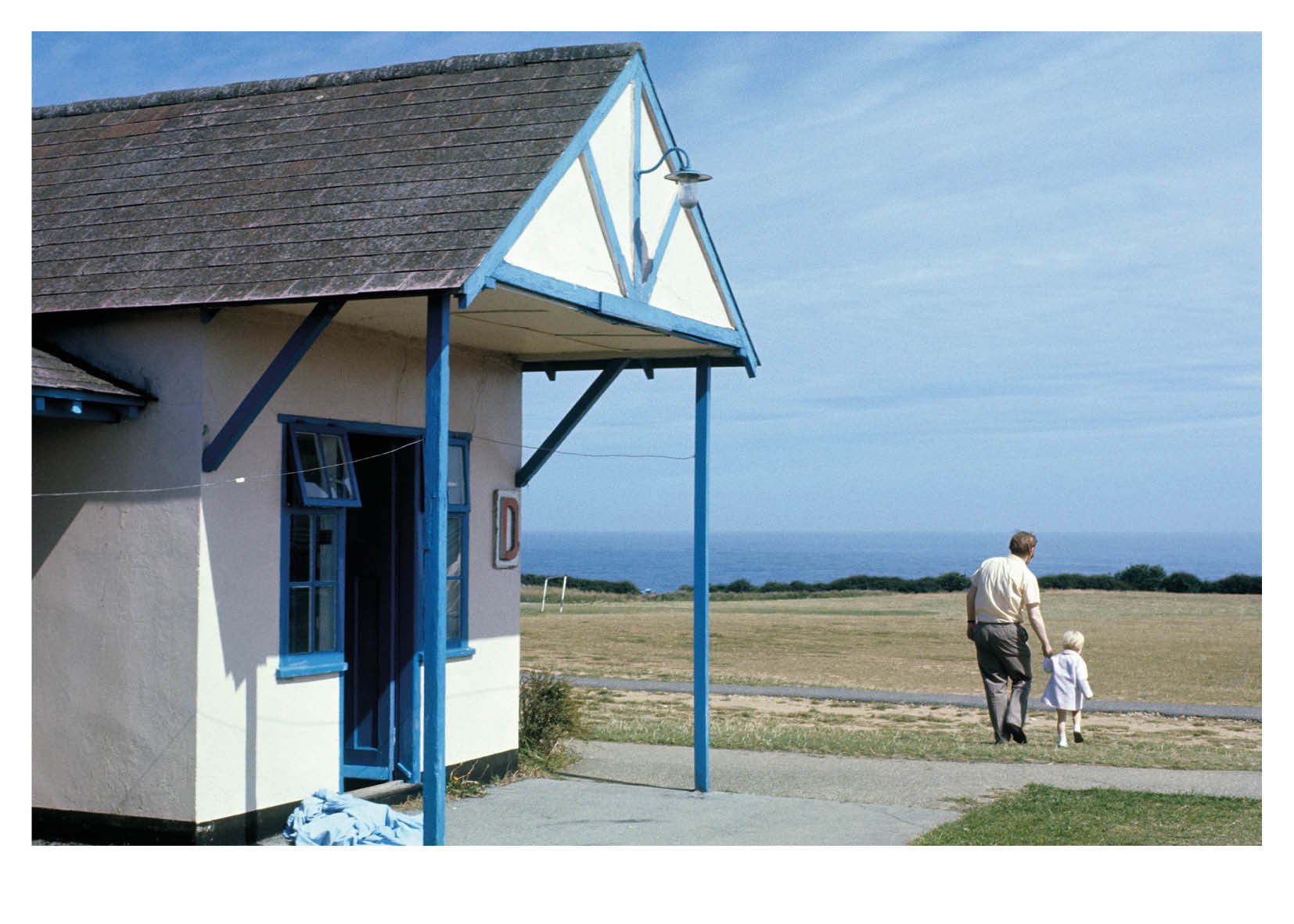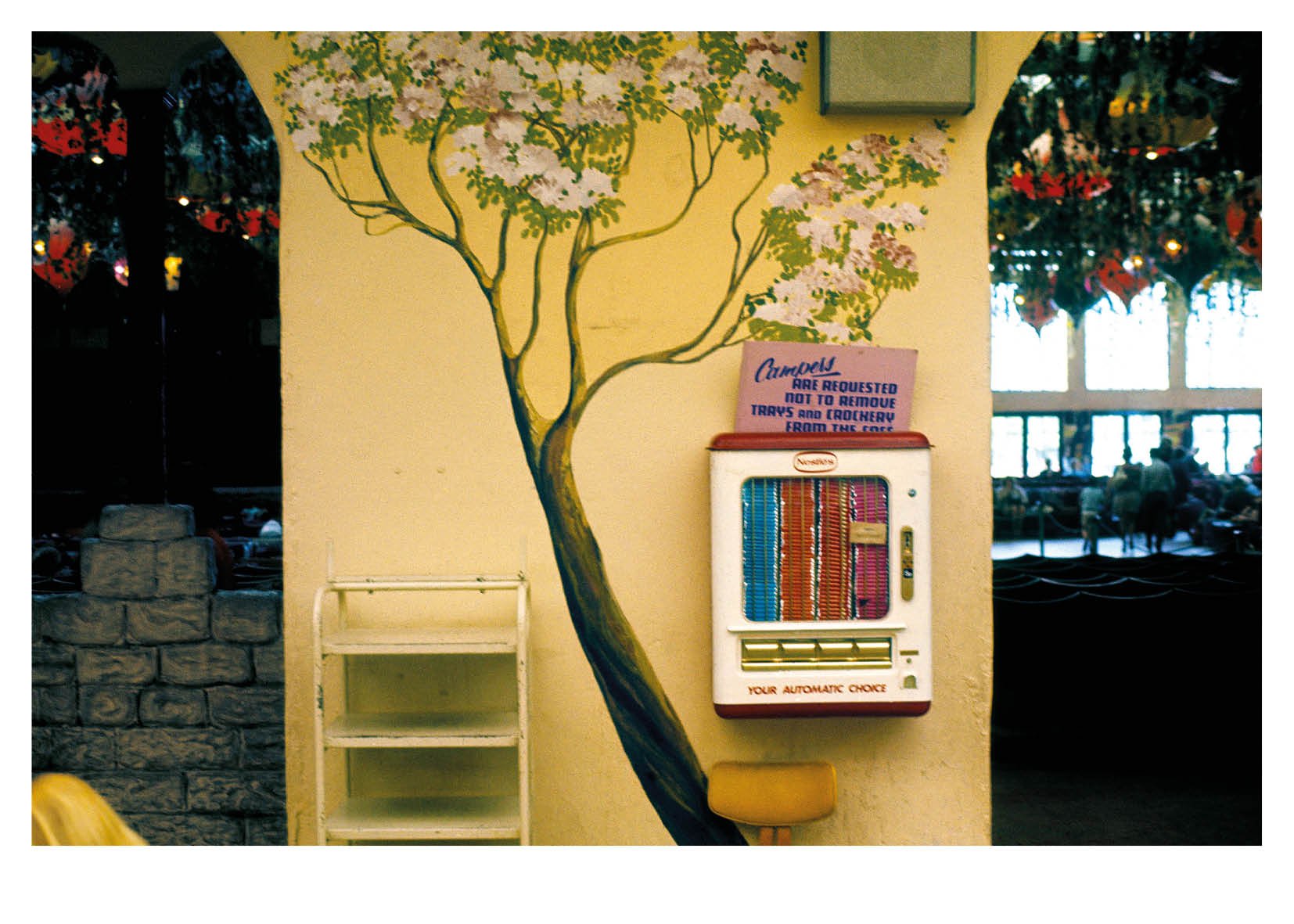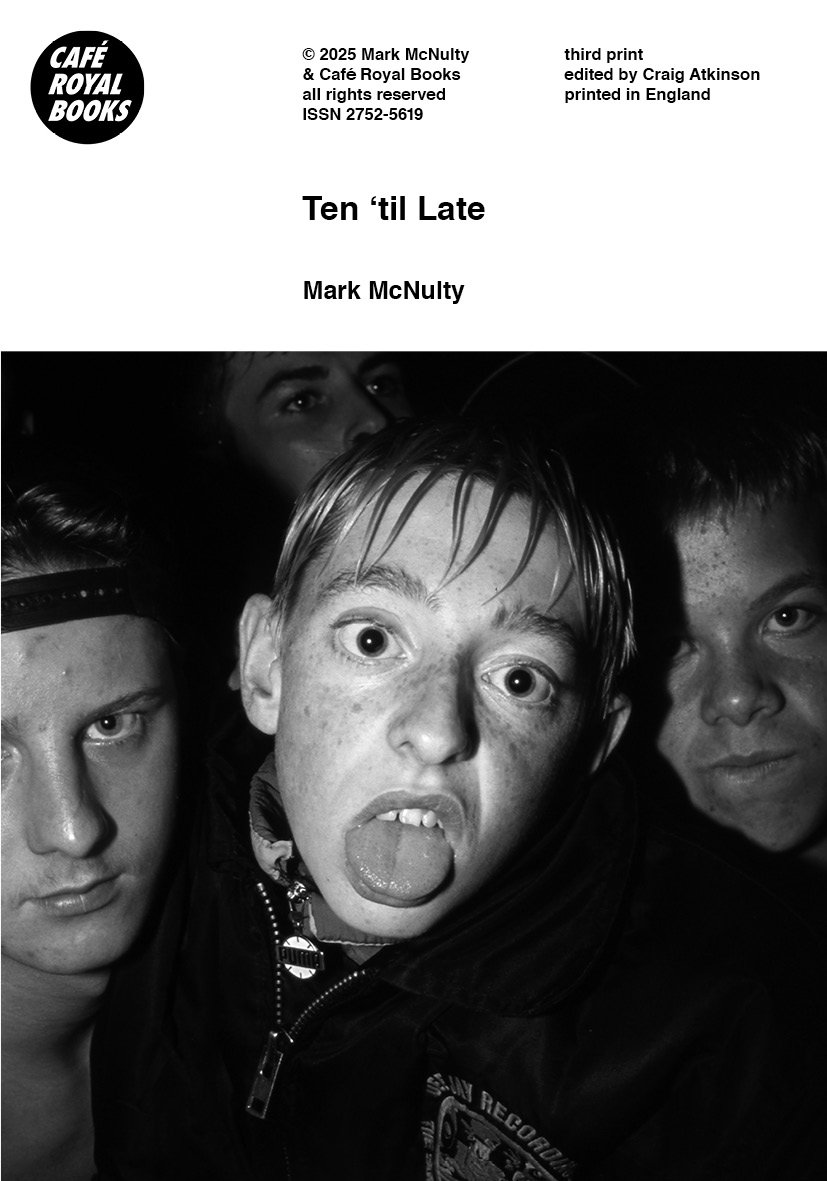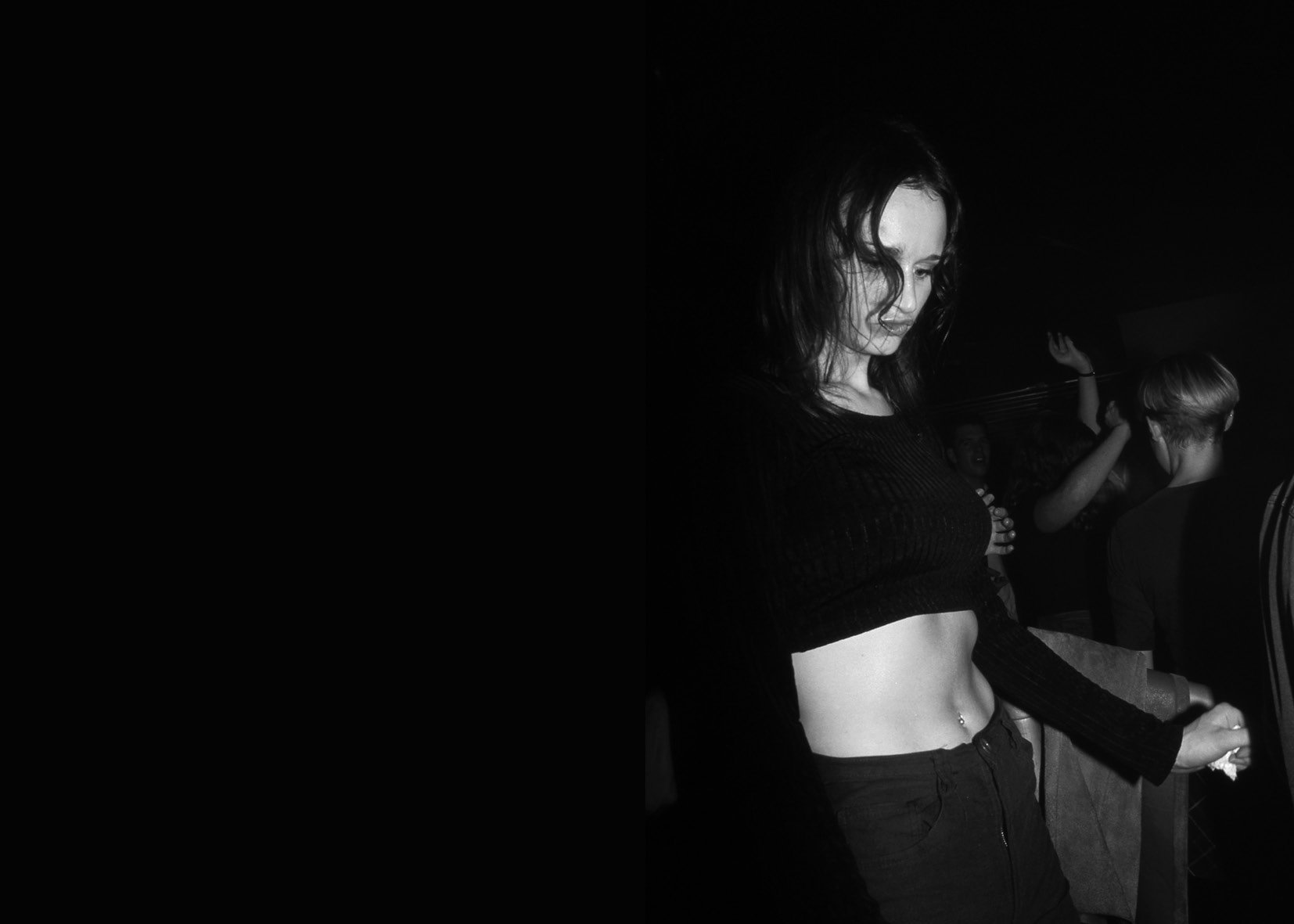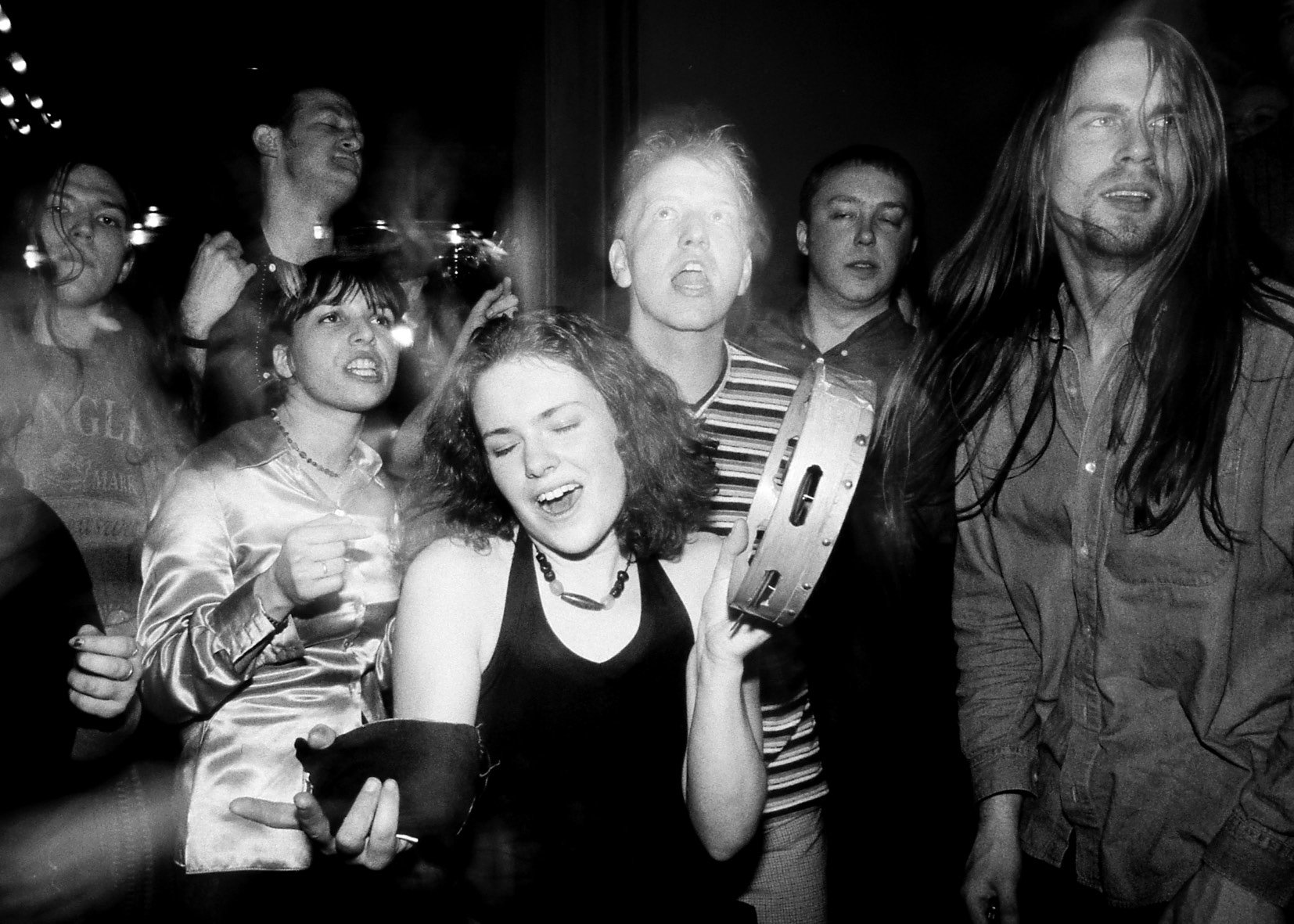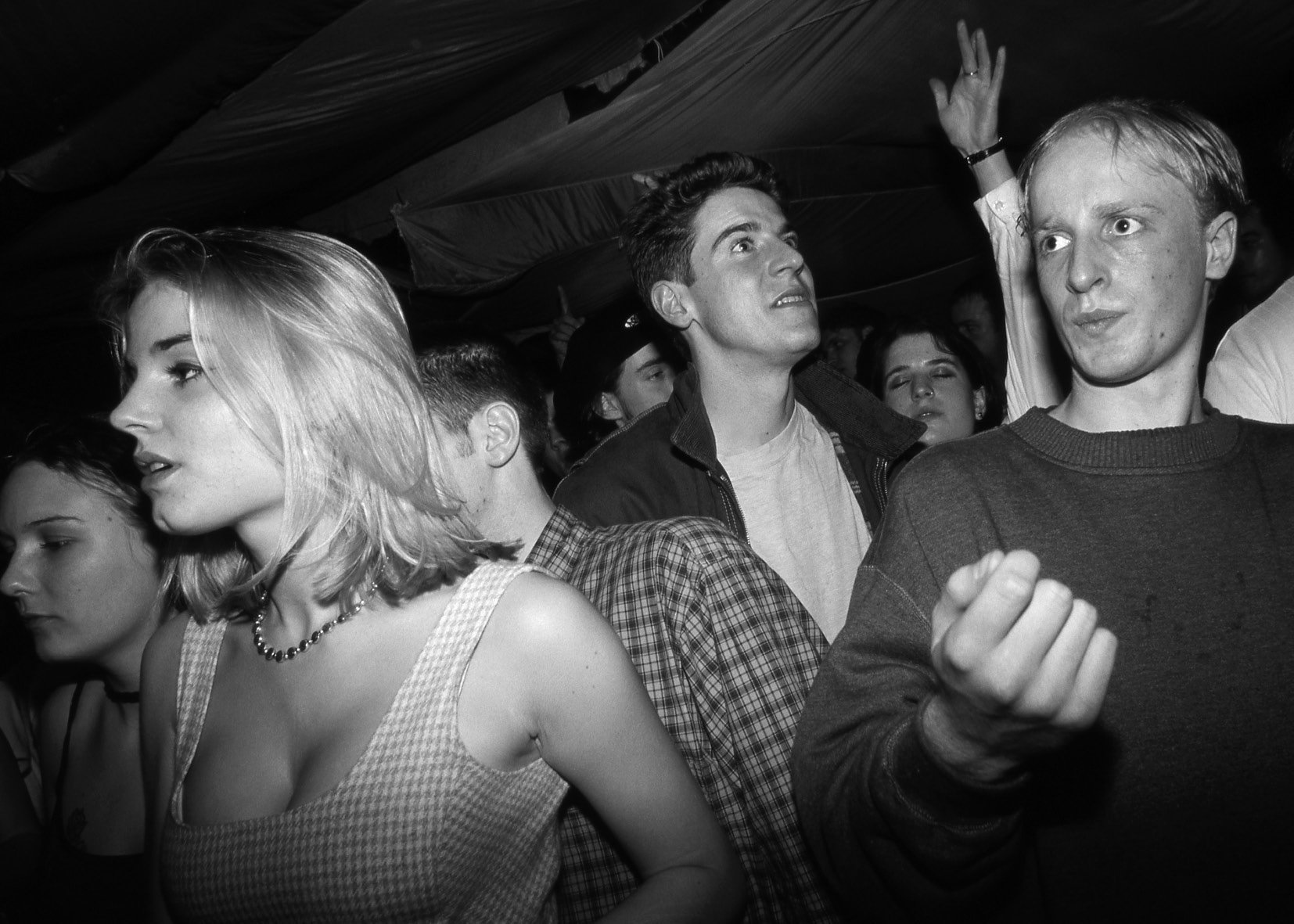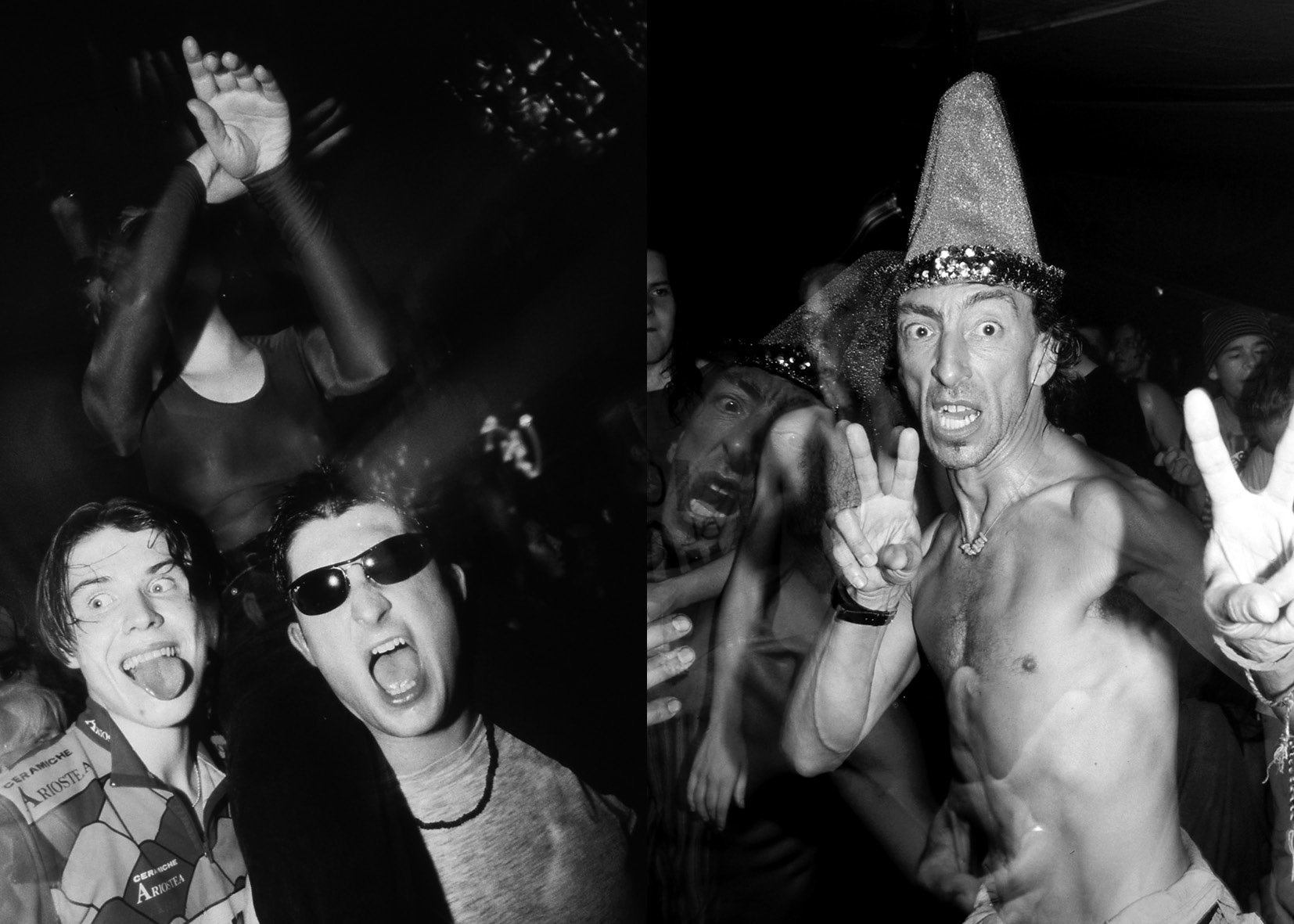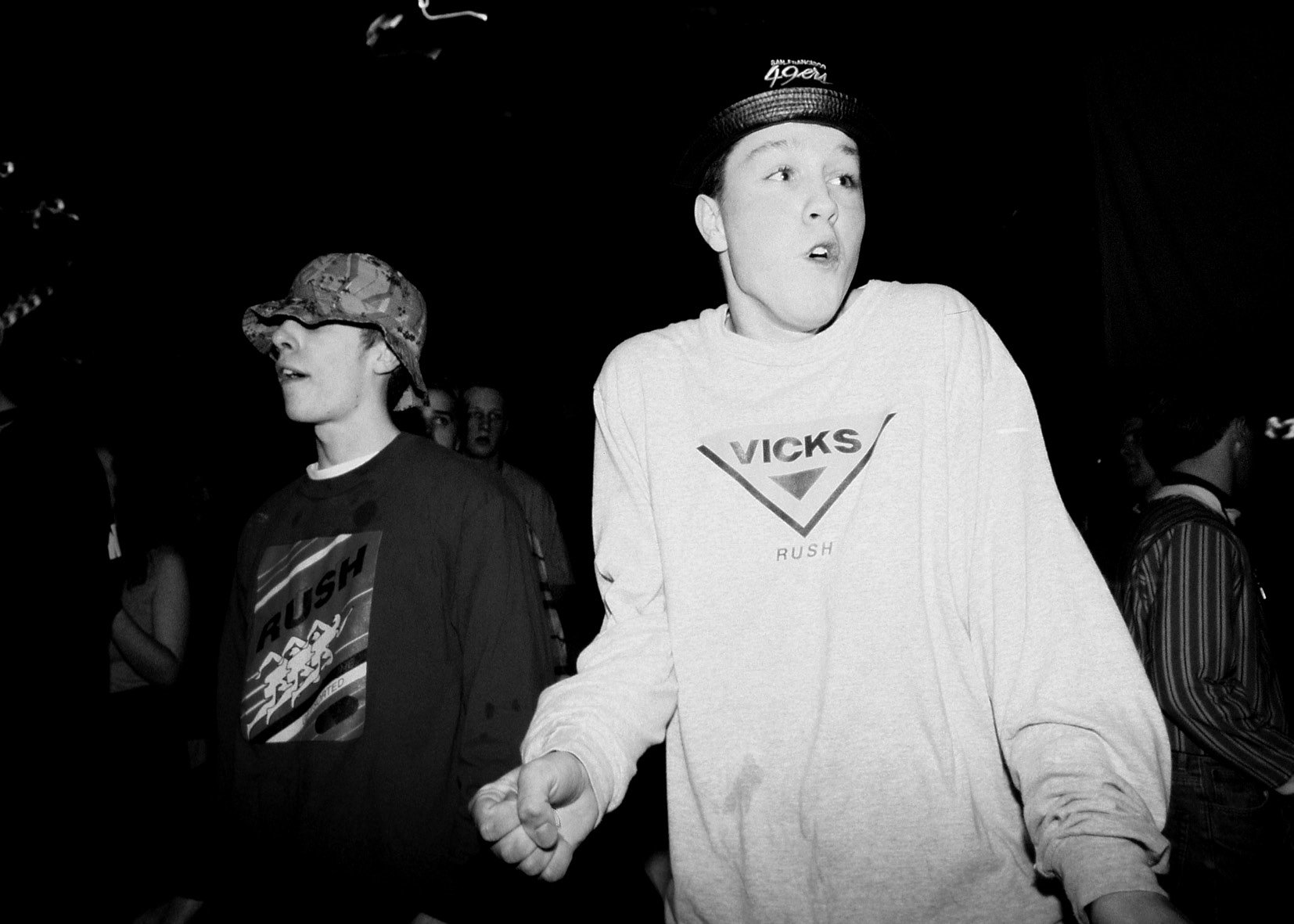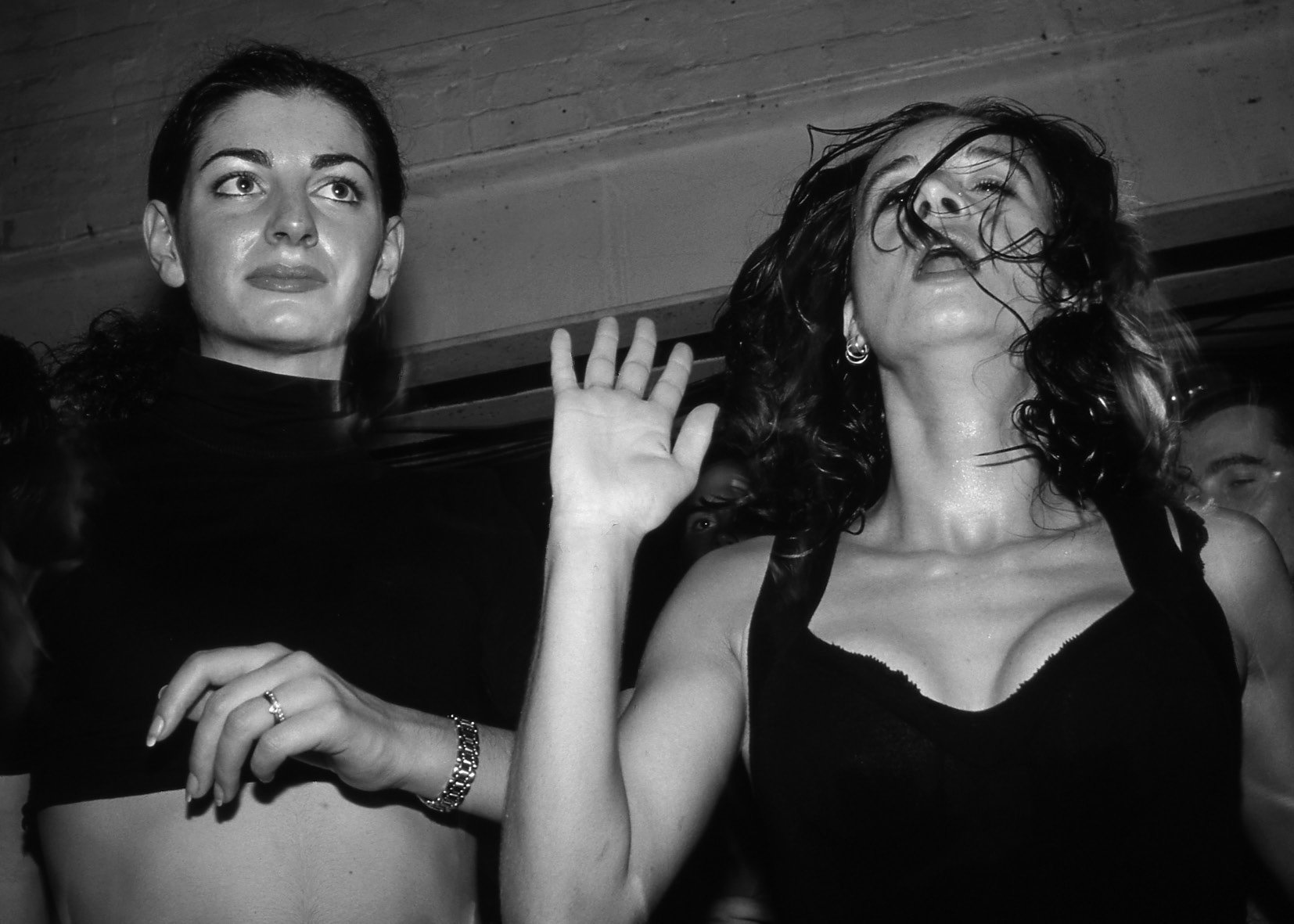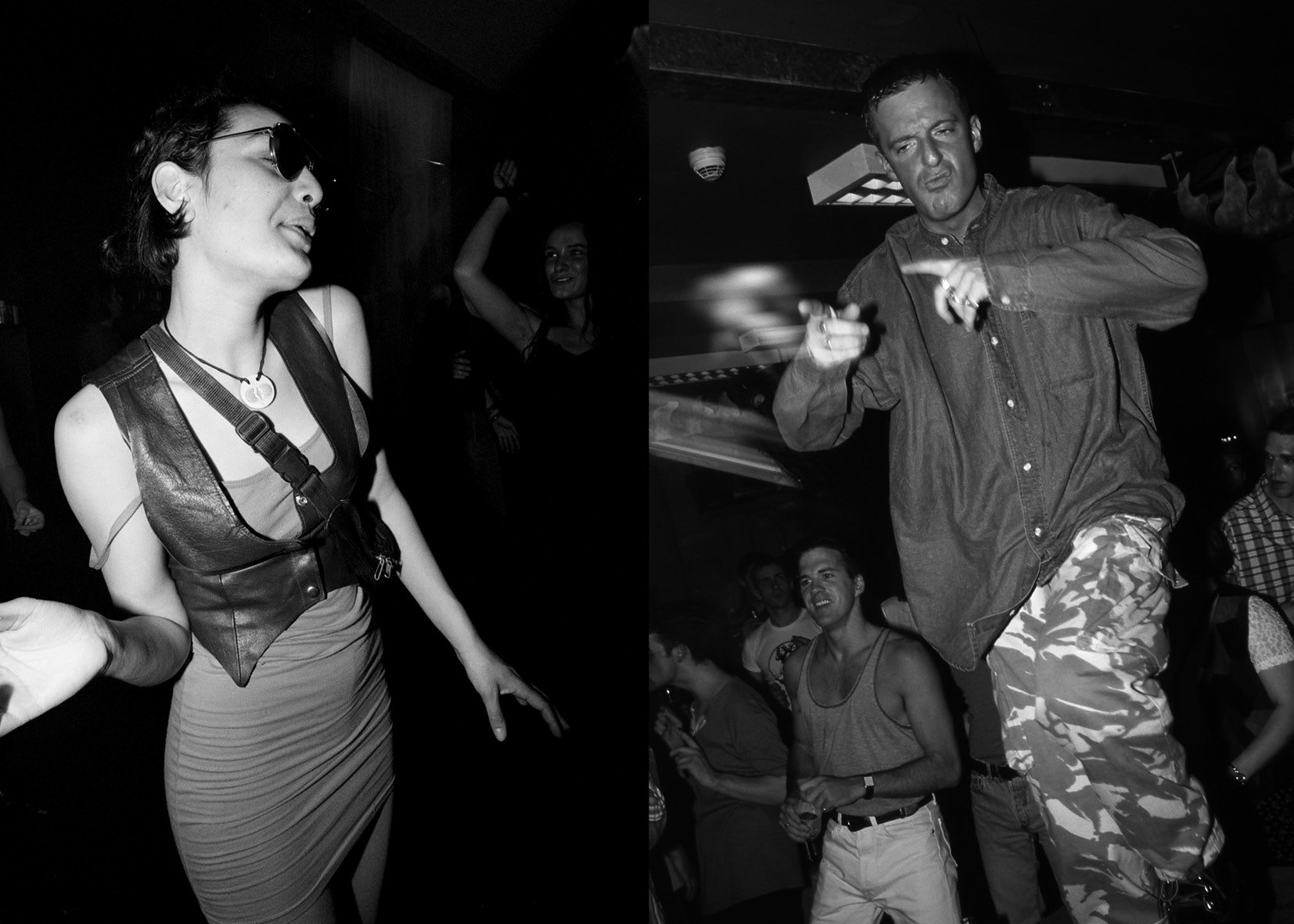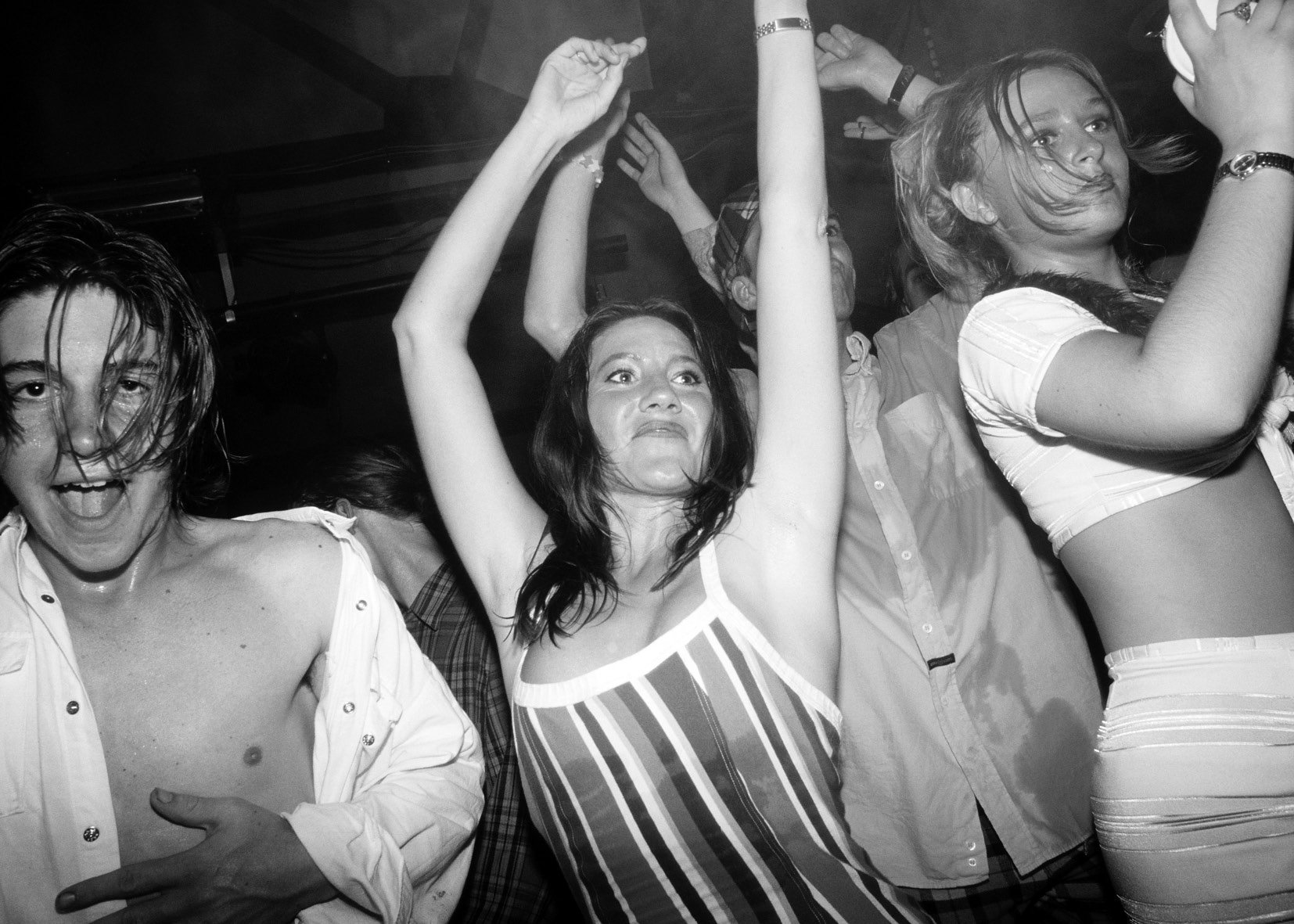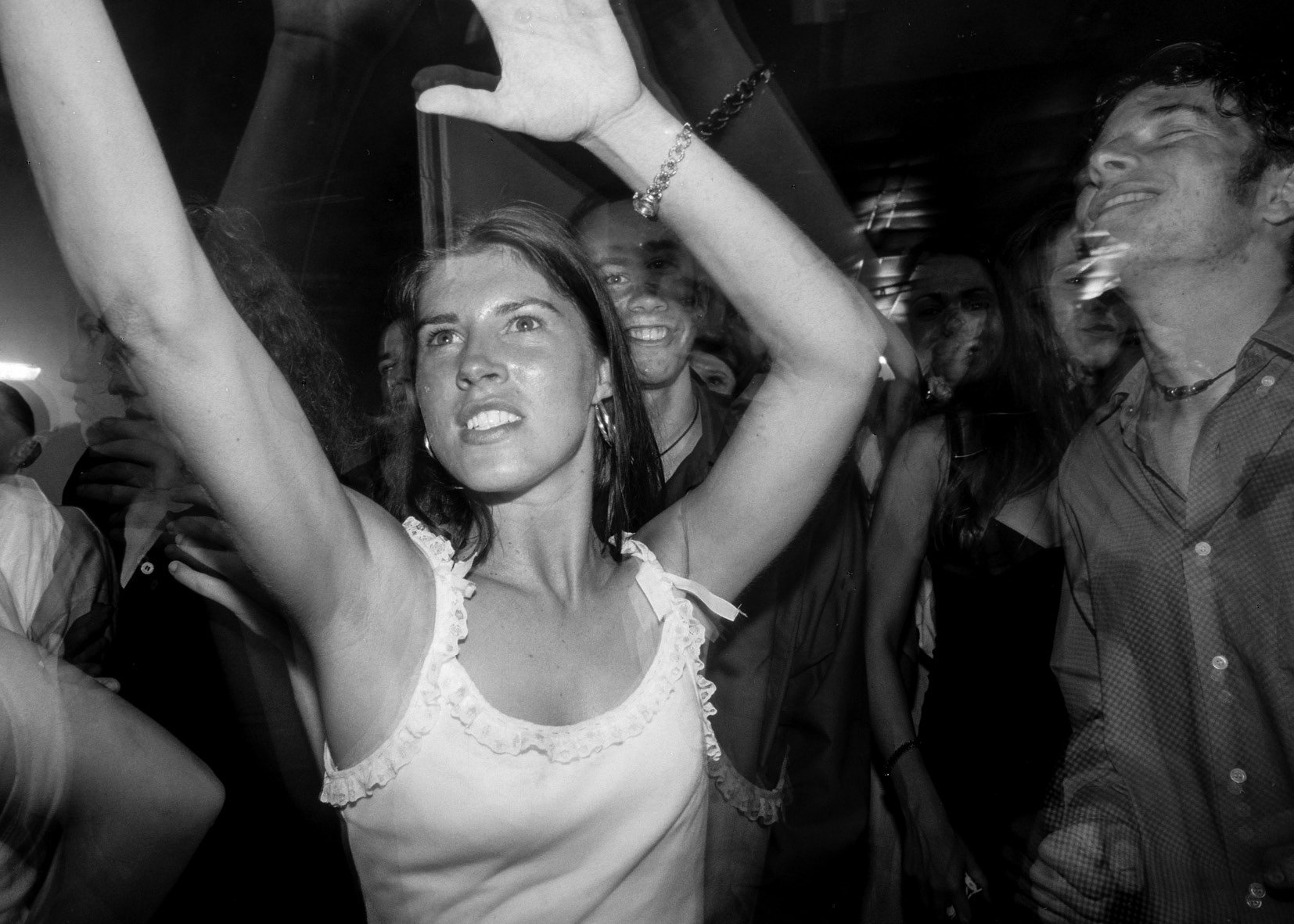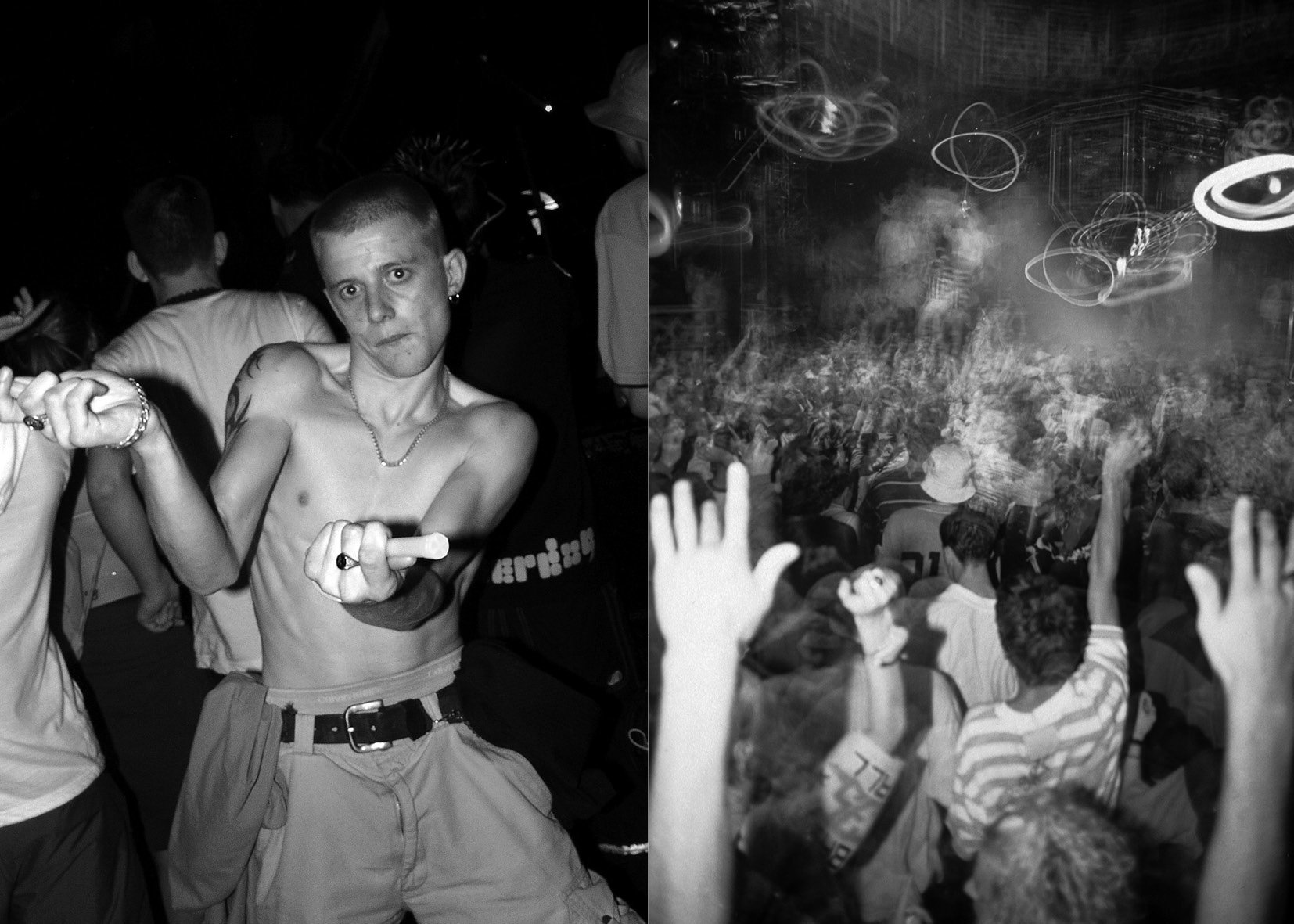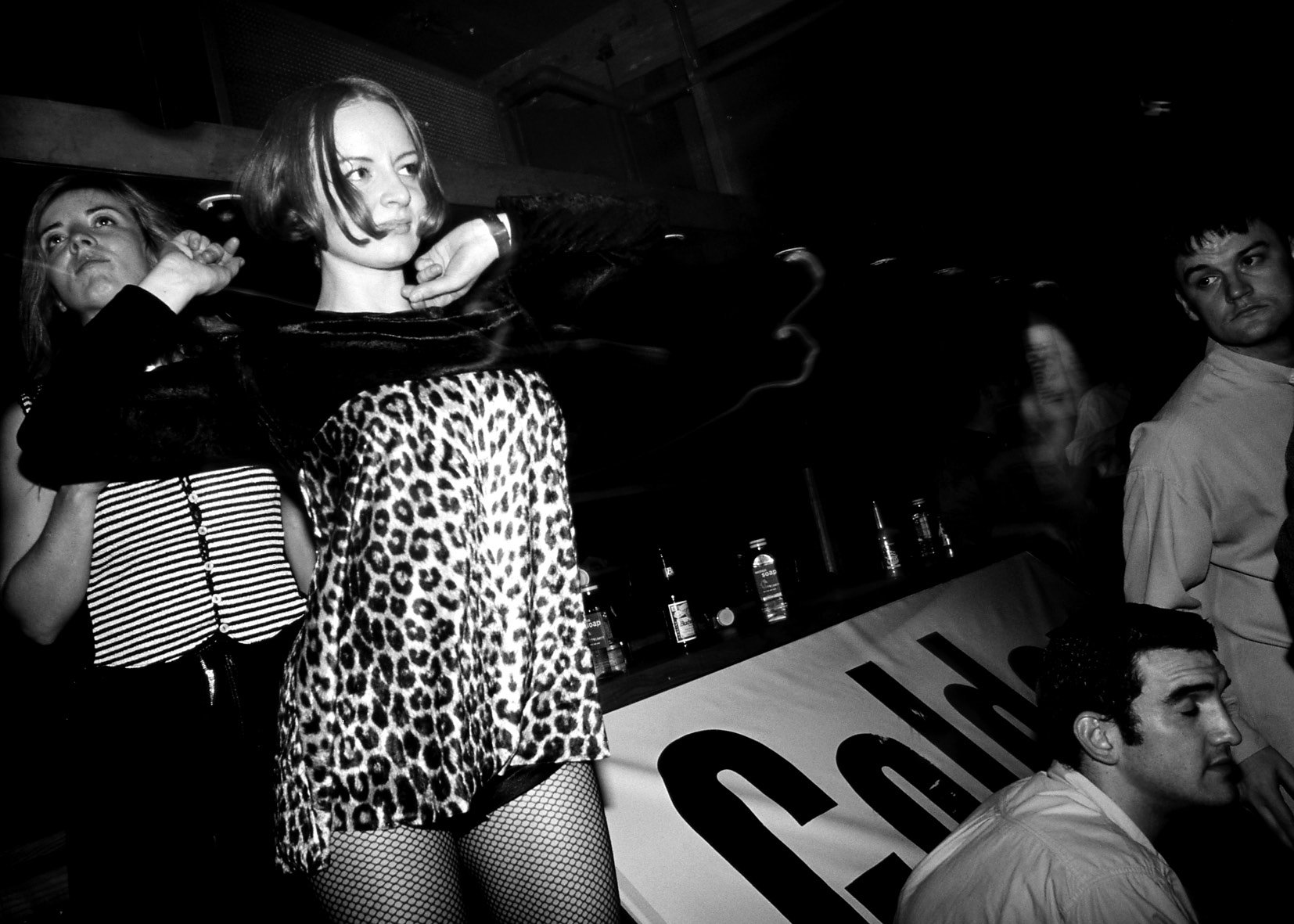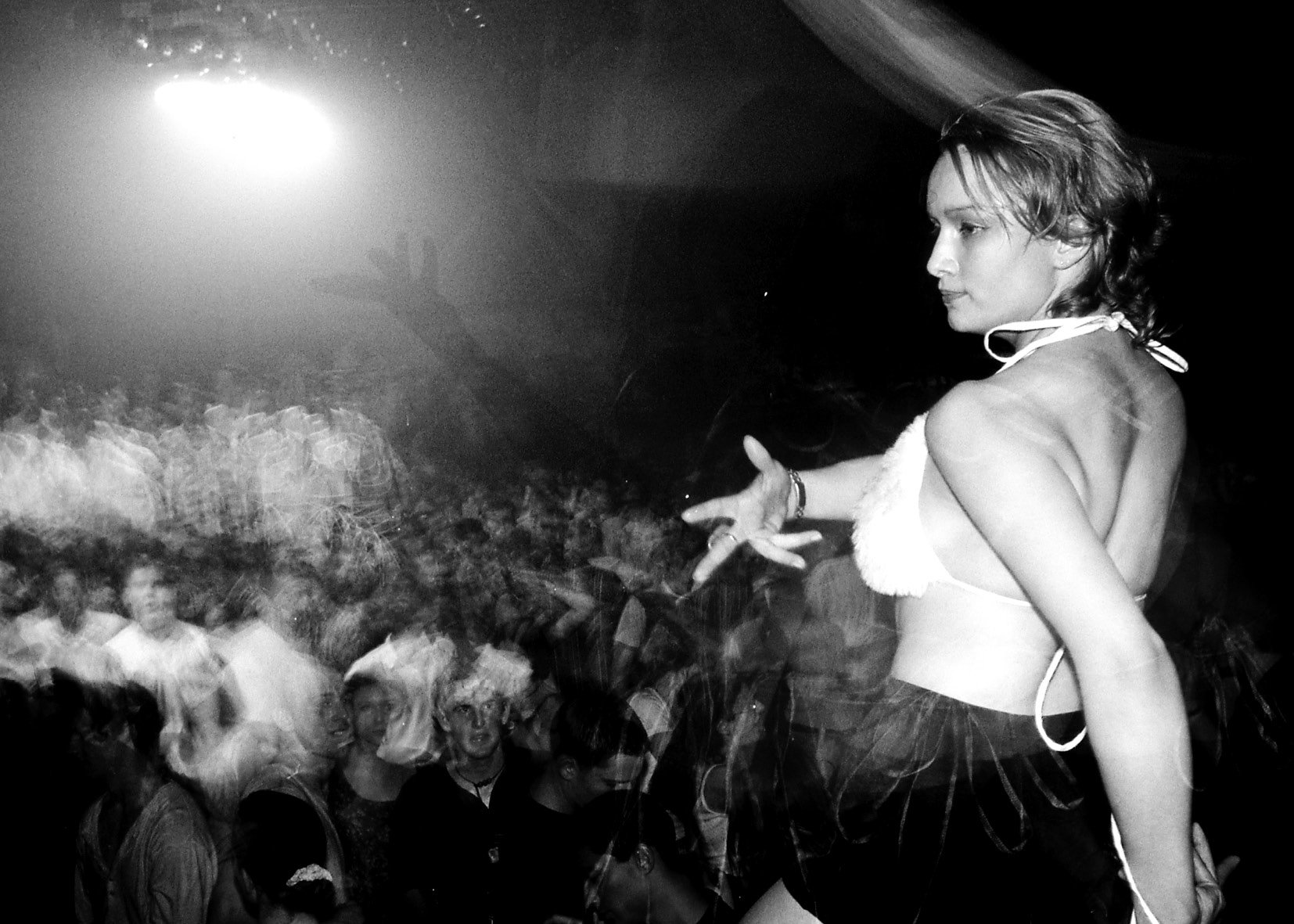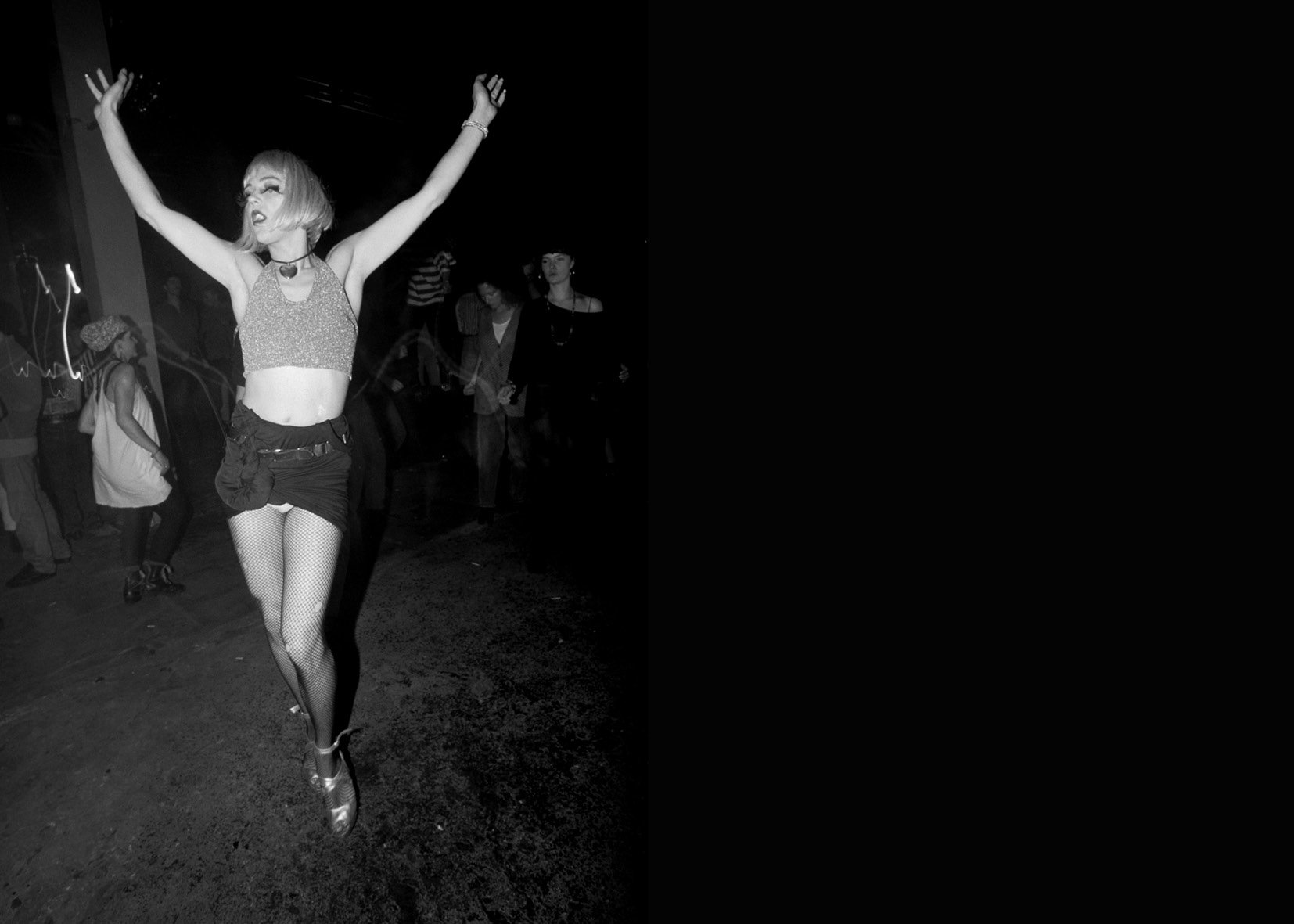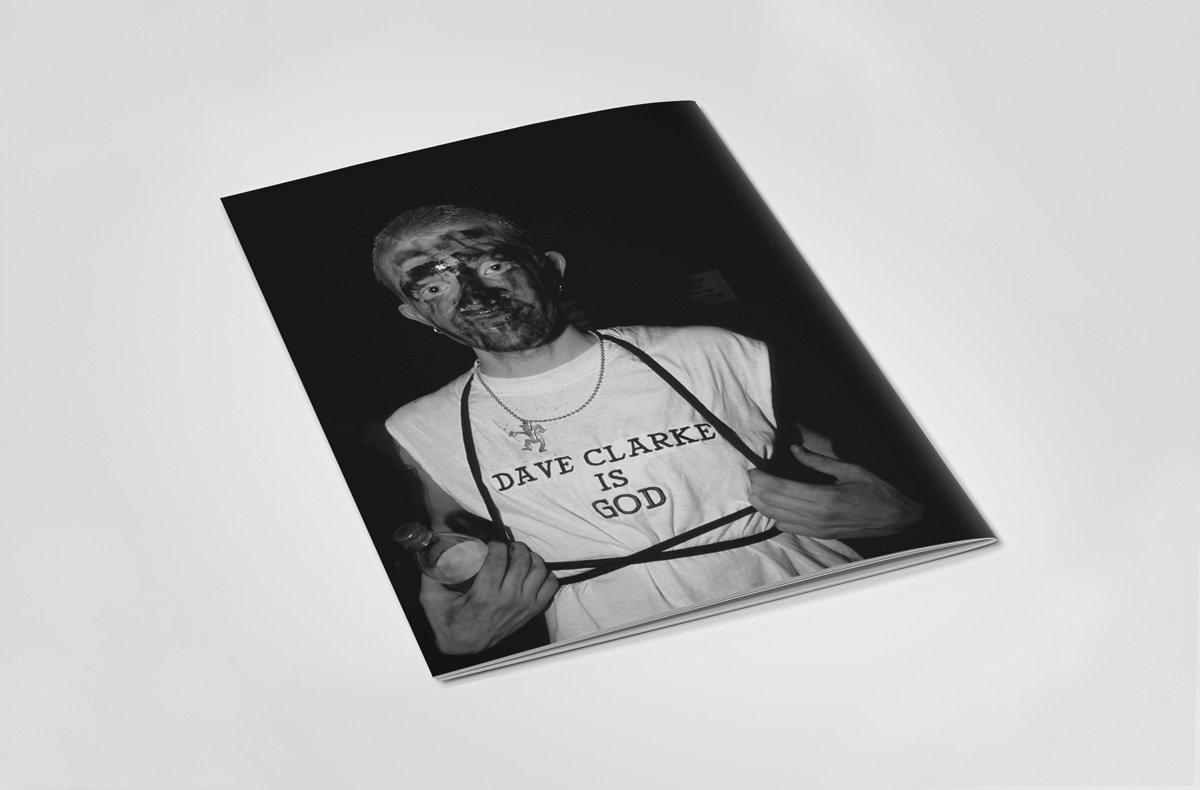 Image 1 of 19
Image 1 of 19

 Image 2 of 19
Image 2 of 19

 Image 3 of 19
Image 3 of 19

 Image 4 of 19
Image 4 of 19

 Image 5 of 19
Image 5 of 19

 Image 6 of 19
Image 6 of 19

 Image 7 of 19
Image 7 of 19

 Image 8 of 19
Image 8 of 19

 Image 9 of 19
Image 9 of 19

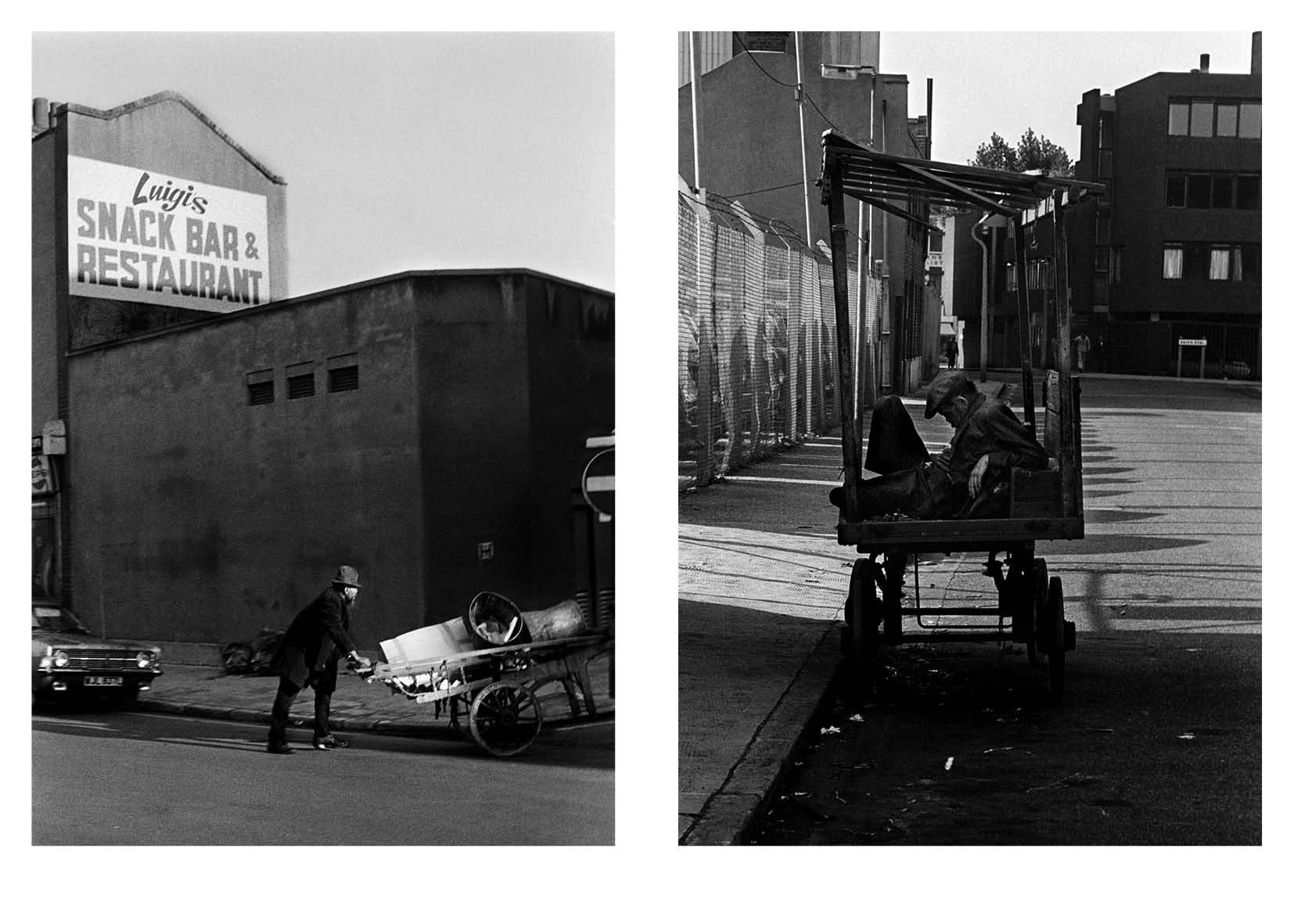 Image 10 of 19
Image 10 of 19

 Image 11 of 19
Image 11 of 19

 Image 12 of 19
Image 12 of 19

 Image 13 of 19
Image 13 of 19

 Image 14 of 19
Image 14 of 19

 Image 15 of 19
Image 15 of 19

 Image 16 of 19
Image 16 of 19

 Image 17 of 19
Image 17 of 19

 Image 18 of 19
Image 18 of 19

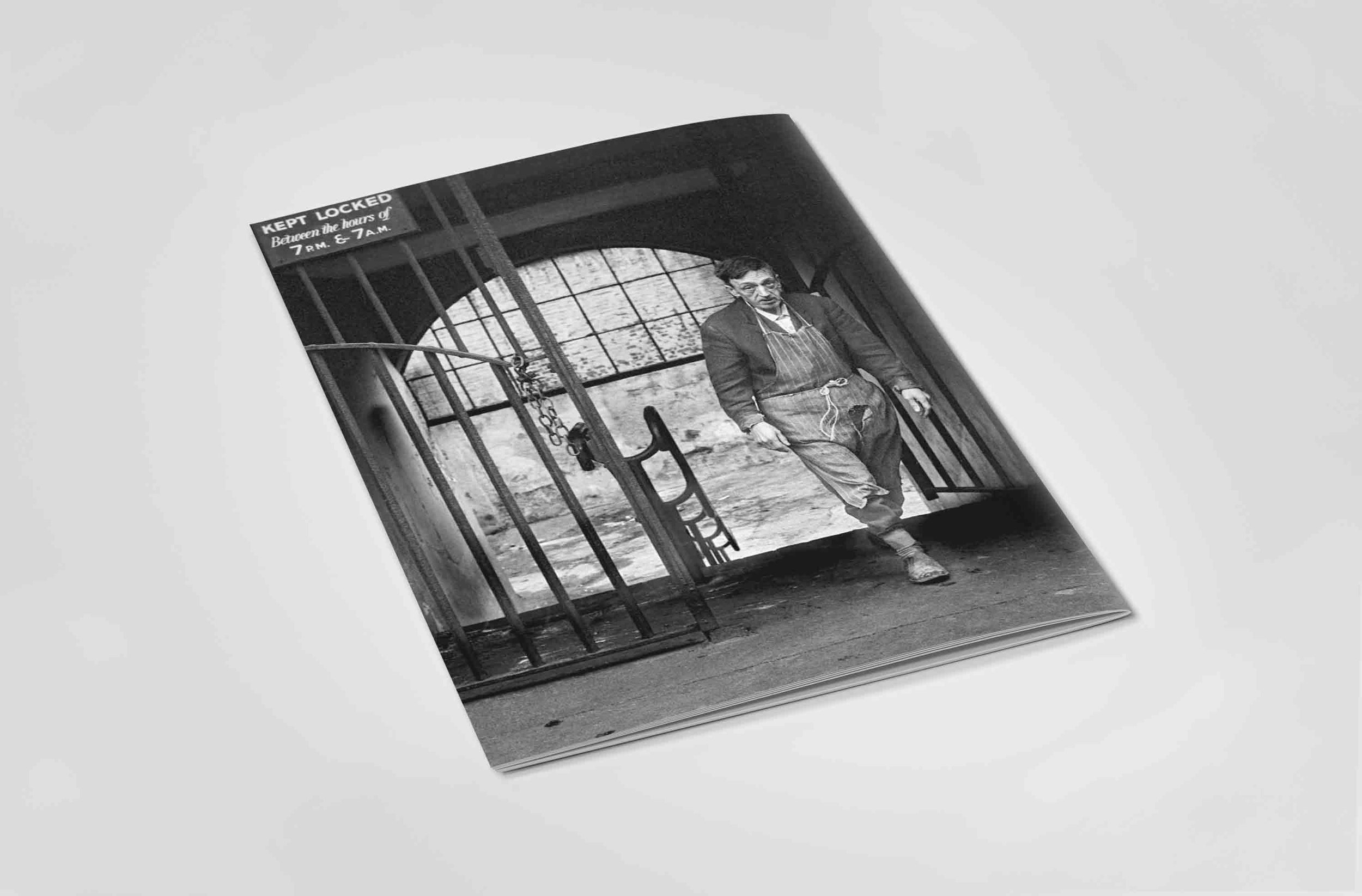 Image 19 of 19
Image 19 of 19

David Hoffman — Around Whitechapel 1972–1992
36 pages
printed in England
staple bound
14cm x 20cm
also available as part of David’s Adverse Circumstances box set
The East End that I found when I arrived in 1970 was a different world to today's bustling, regulated prosperity. Bombsites and tumbledown, near derelict housing were the unremarkable norm. Walking home from my truck driving job to my rented slum room in Chicksand Street I would step carefully over gutters running with blood from the Lewcopak Kosher Chicken slaughterhouse emptying its tanks at the end of each day.
Residents' main source of income had evaporated as the docks and their many supporting trades closed down. Racism festered among the older population of white workers whose community was being destroyed by a lack of jobs and resentment stoked by their crumbling council estates. The area was abandoned, poverty and hopelessness hung in the air. Empty shells of buildings sheltered the most desperate homeless, mostly alcoholics, crazed by drinking meths and surgical spirit. Violence was common.
Tumbledown, leaky old houses made for easy squats or cheap rents and began to attract impoverished students, artists, political activists and young Bangladeshi men working in the rag trade. Slowly a younger, more able population emerged and the little corner shops and cafés became busier. Life started to return to the streets.
These books document aspects of that metamorphosis, capturing the lives that set the scene for what was on the brink of becoming just another anodyne, bustling, gentrified, high value inner-city district.
David Hoffman December 13th 2021
36 pages
printed in England
staple bound
14cm x 20cm
also available as part of David’s Adverse Circumstances box set
The East End that I found when I arrived in 1970 was a different world to today's bustling, regulated prosperity. Bombsites and tumbledown, near derelict housing were the unremarkable norm. Walking home from my truck driving job to my rented slum room in Chicksand Street I would step carefully over gutters running with blood from the Lewcopak Kosher Chicken slaughterhouse emptying its tanks at the end of each day.
Residents' main source of income had evaporated as the docks and their many supporting trades closed down. Racism festered among the older population of white workers whose community was being destroyed by a lack of jobs and resentment stoked by their crumbling council estates. The area was abandoned, poverty and hopelessness hung in the air. Empty shells of buildings sheltered the most desperate homeless, mostly alcoholics, crazed by drinking meths and surgical spirit. Violence was common.
Tumbledown, leaky old houses made for easy squats or cheap rents and began to attract impoverished students, artists, political activists and young Bangladeshi men working in the rag trade. Slowly a younger, more able population emerged and the little corner shops and cafés became busier. Life started to return to the streets.
These books document aspects of that metamorphosis, capturing the lives that set the scene for what was on the brink of becoming just another anodyne, bustling, gentrified, high value inner-city district.
David Hoffman December 13th 2021
36 pages
printed in England
staple bound
14cm x 20cm
also available as part of David’s Adverse Circumstances box set
The East End that I found when I arrived in 1970 was a different world to today's bustling, regulated prosperity. Bombsites and tumbledown, near derelict housing were the unremarkable norm. Walking home from my truck driving job to my rented slum room in Chicksand Street I would step carefully over gutters running with blood from the Lewcopak Kosher Chicken slaughterhouse emptying its tanks at the end of each day.
Residents' main source of income had evaporated as the docks and their many supporting trades closed down. Racism festered among the older population of white workers whose community was being destroyed by a lack of jobs and resentment stoked by their crumbling council estates. The area was abandoned, poverty and hopelessness hung in the air. Empty shells of buildings sheltered the most desperate homeless, mostly alcoholics, crazed by drinking meths and surgical spirit. Violence was common.
Tumbledown, leaky old houses made for easy squats or cheap rents and began to attract impoverished students, artists, political activists and young Bangladeshi men working in the rag trade. Slowly a younger, more able population emerged and the little corner shops and cafés became busier. Life started to return to the streets.
These books document aspects of that metamorphosis, capturing the lives that set the scene for what was on the brink of becoming just another anodyne, bustling, gentrified, high value inner-city district.
David Hoffman December 13th 2021


